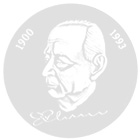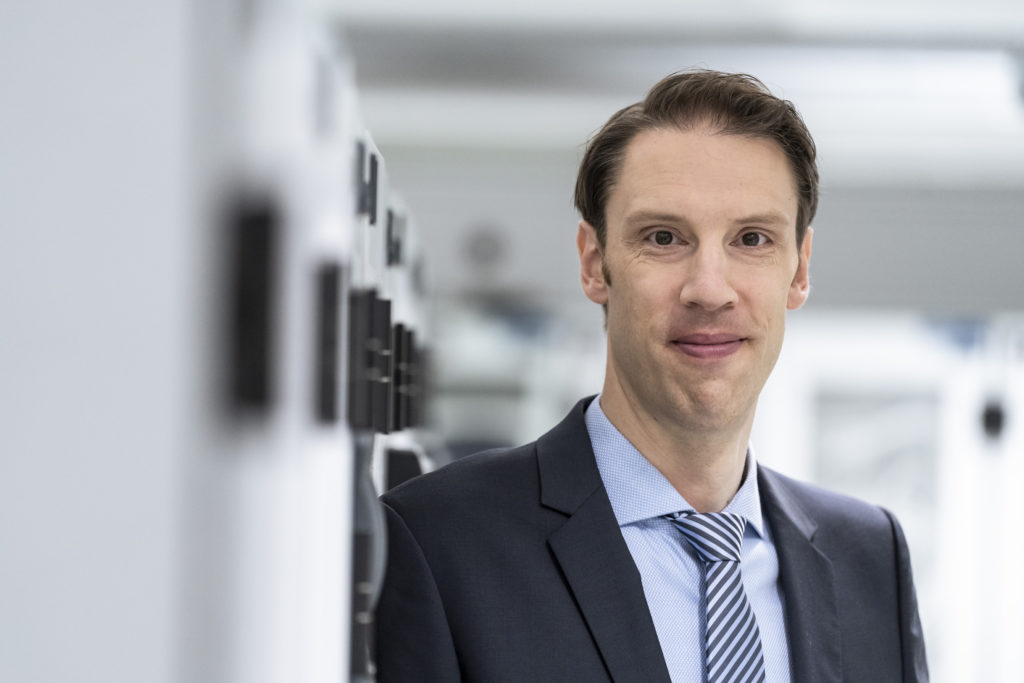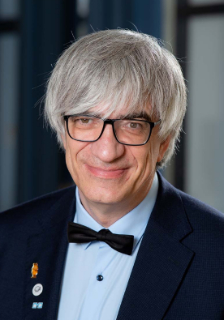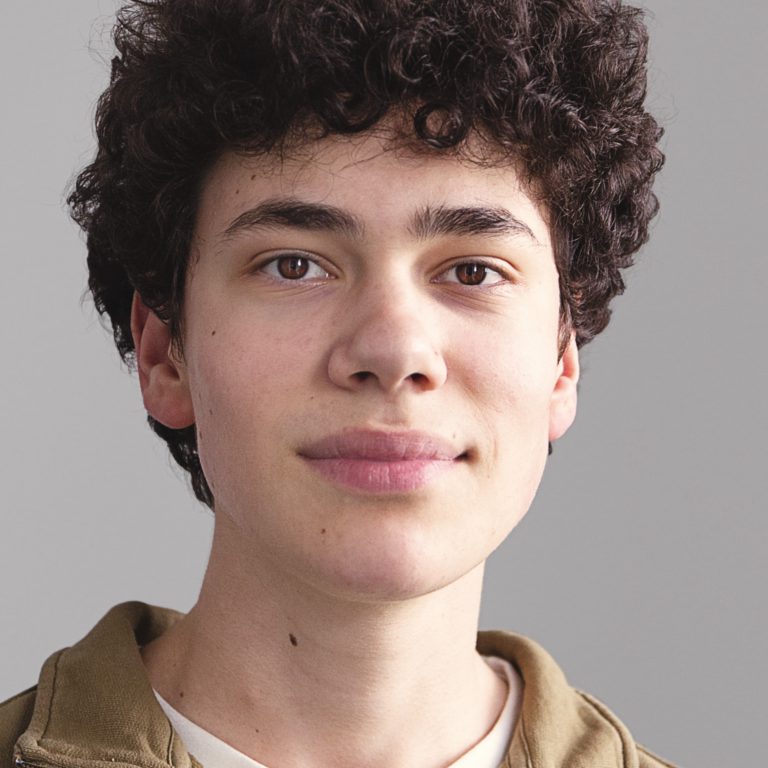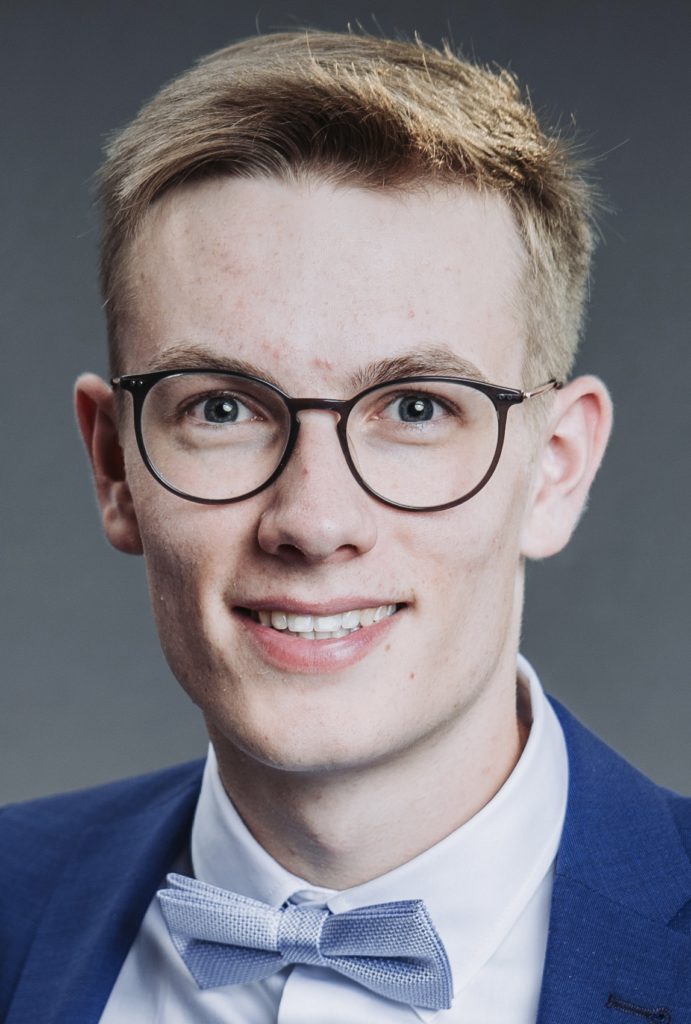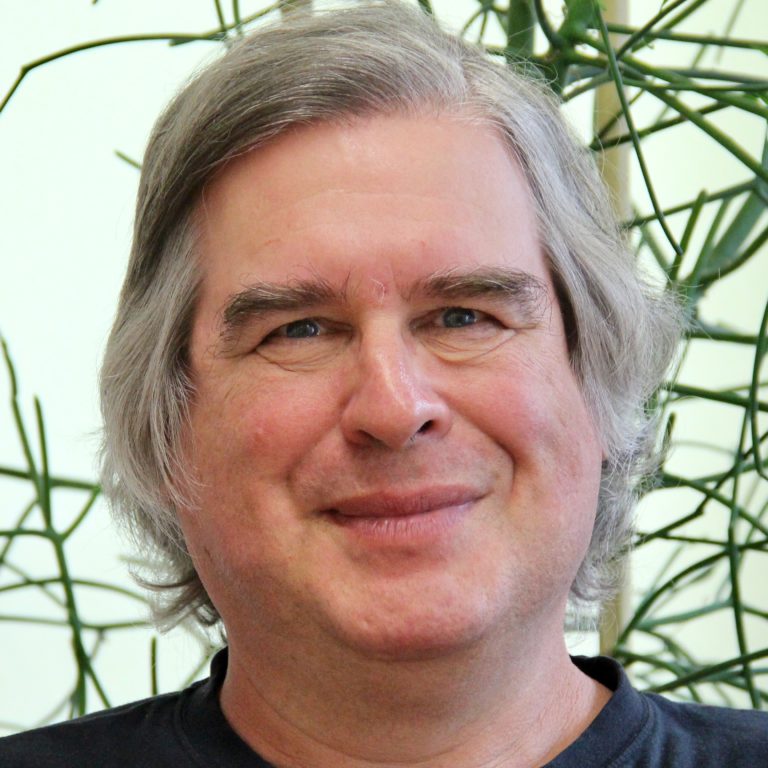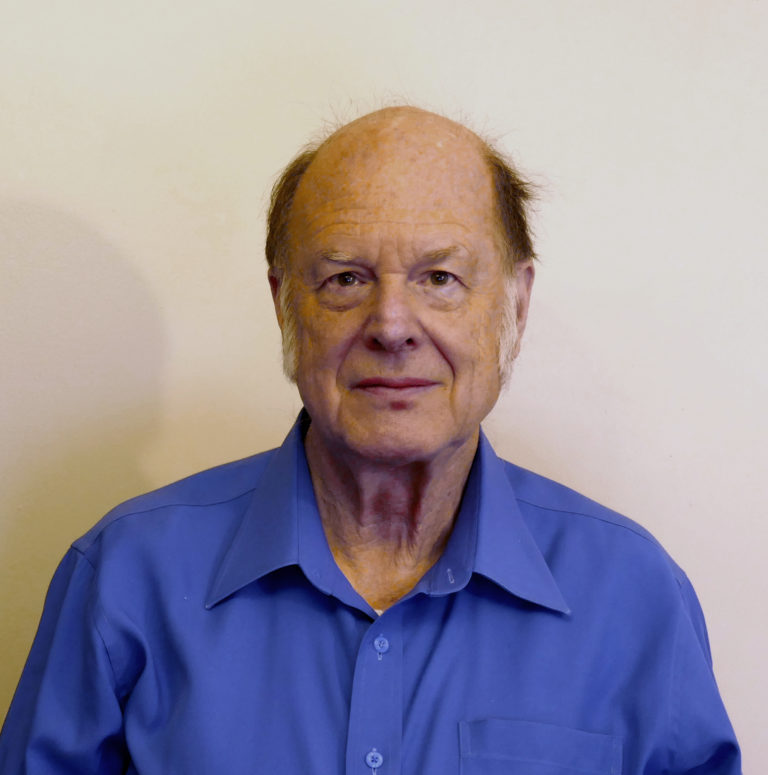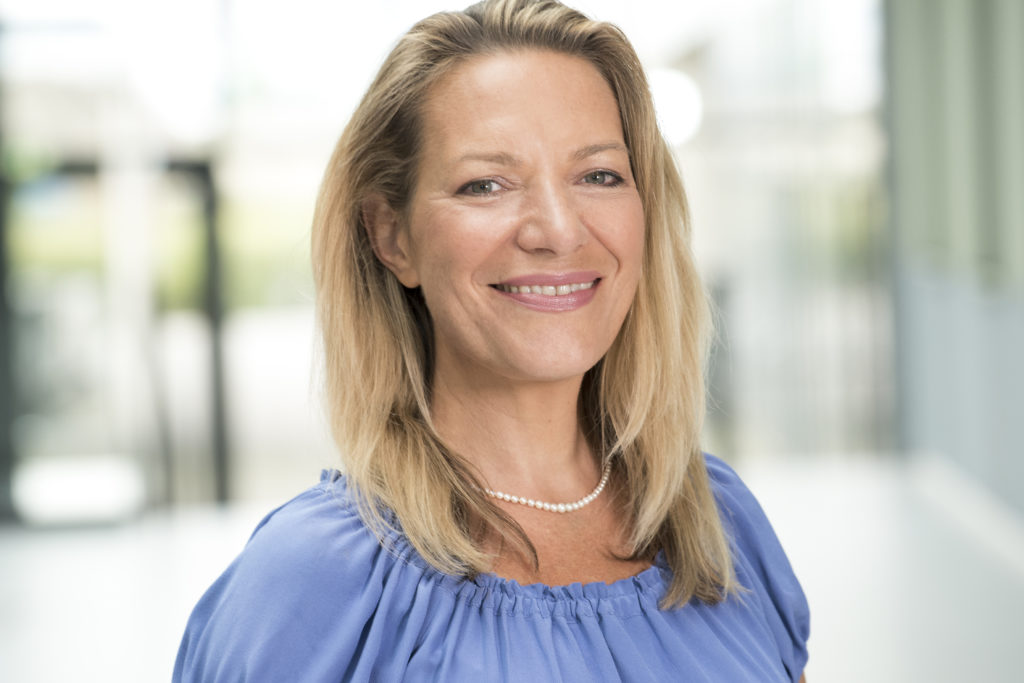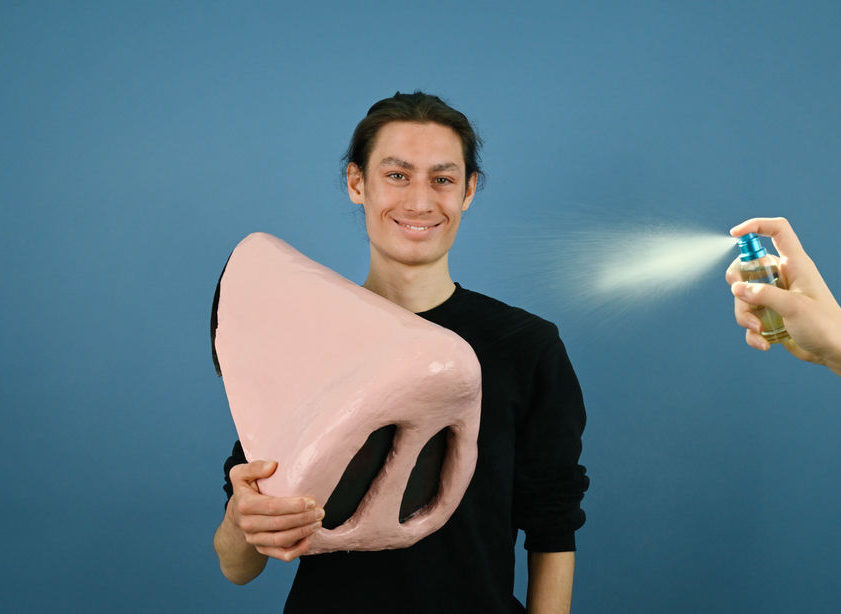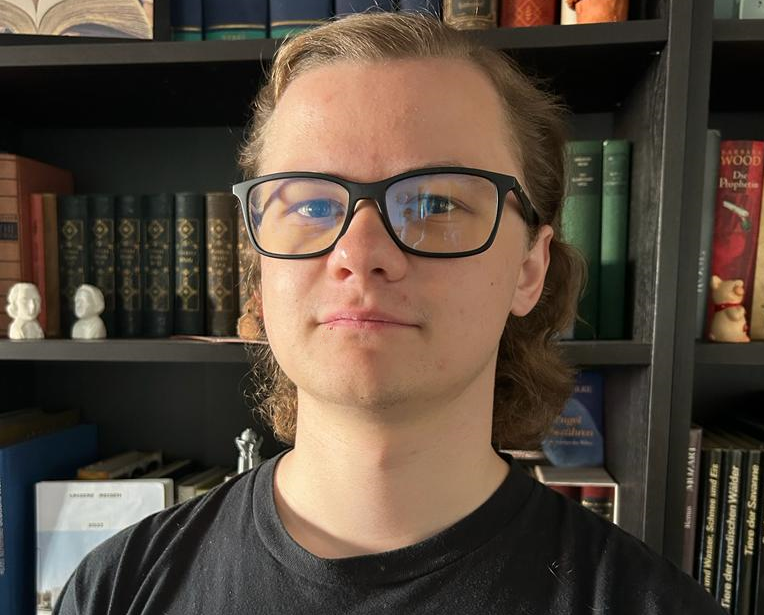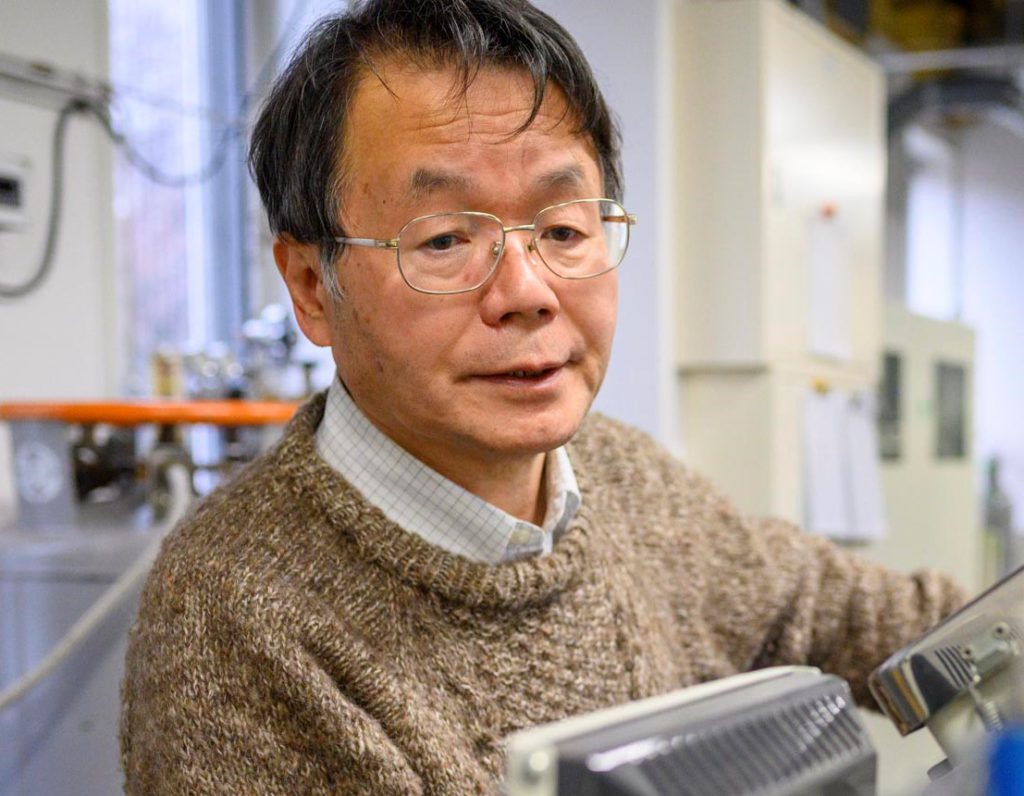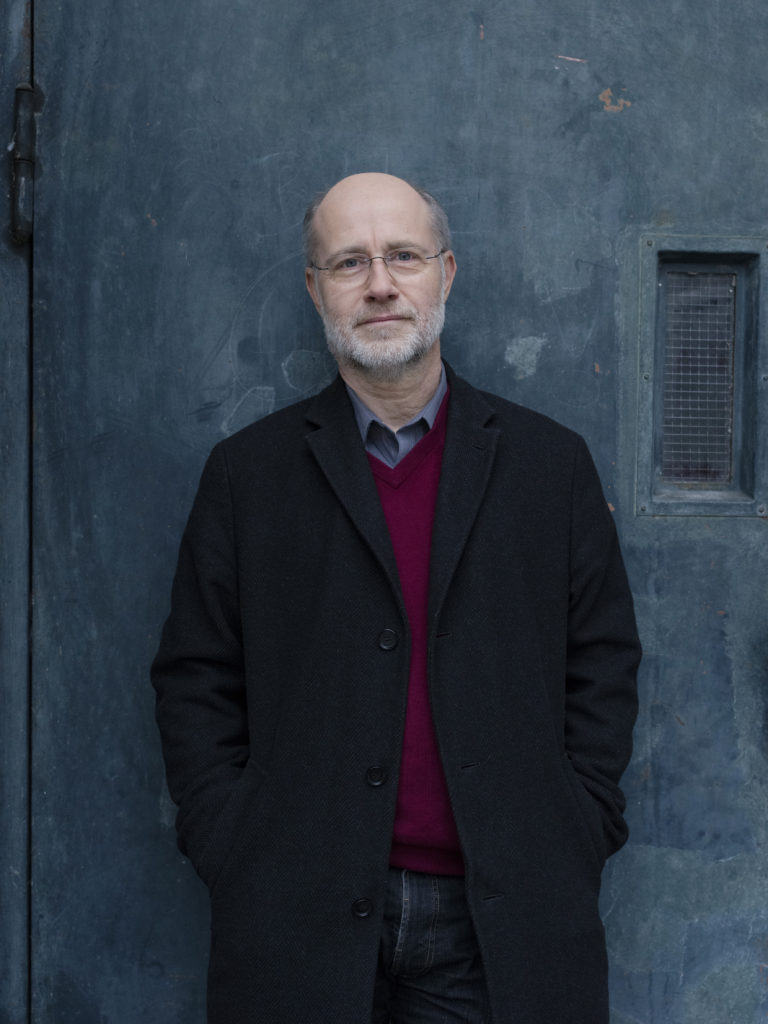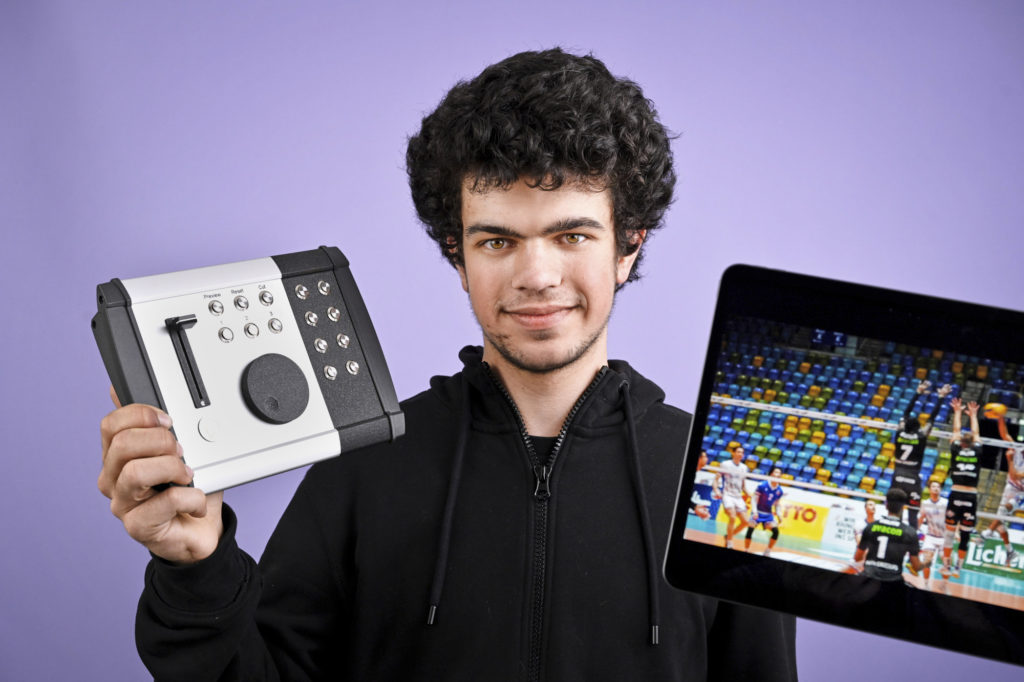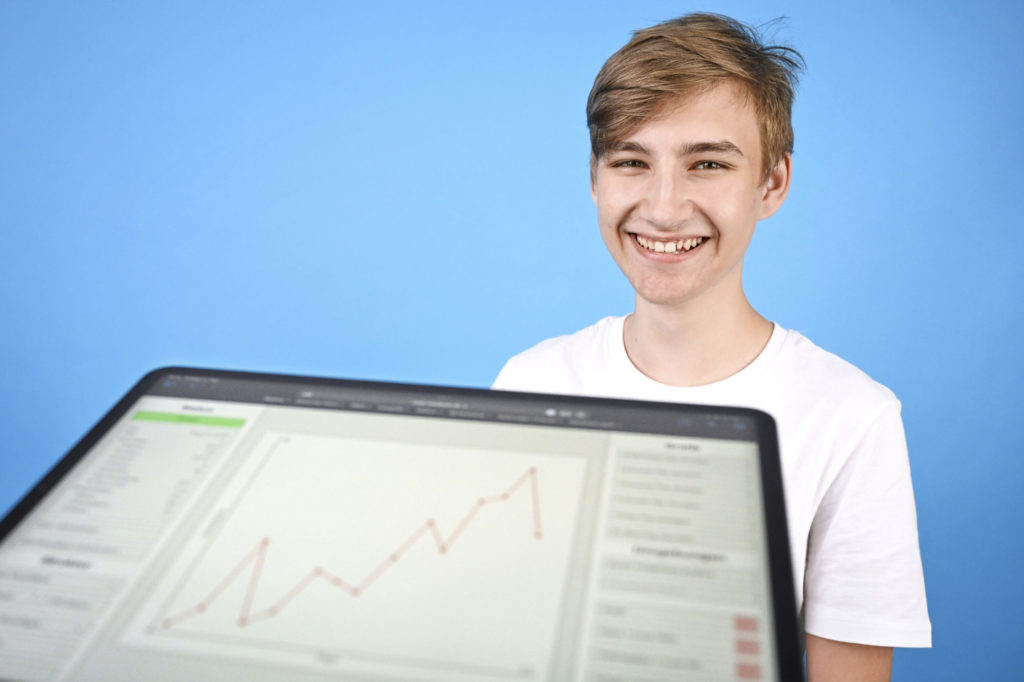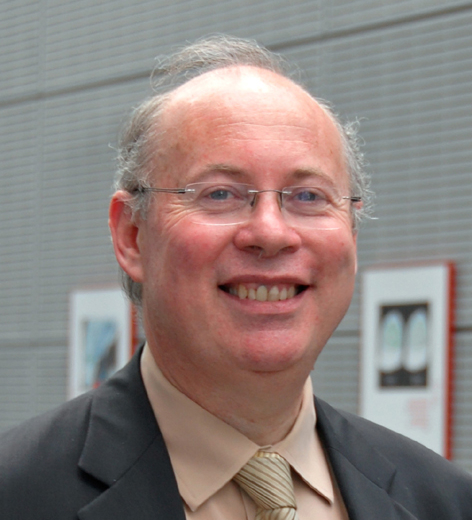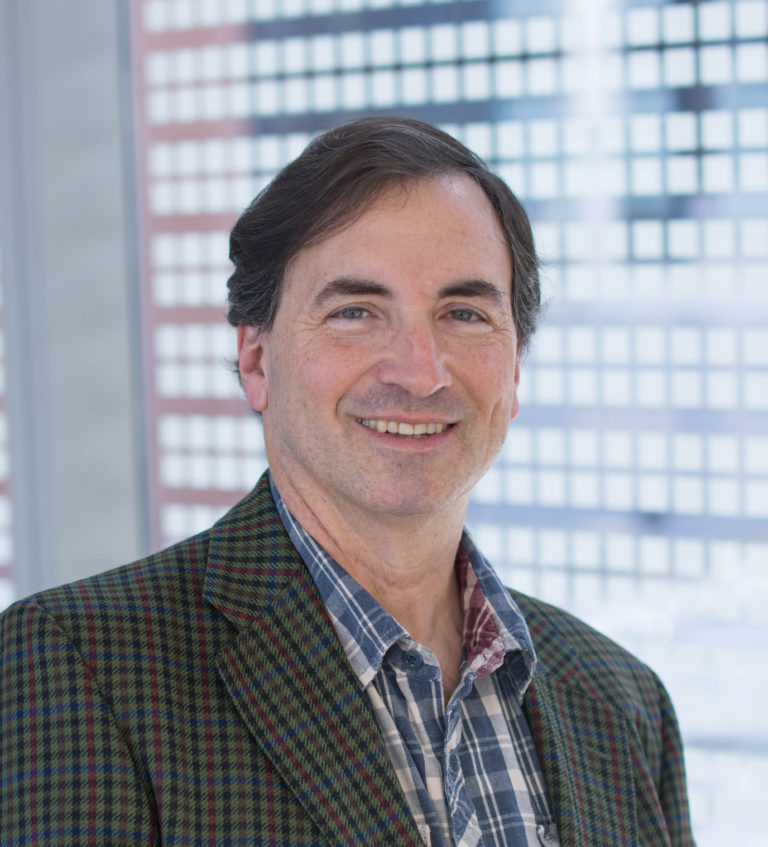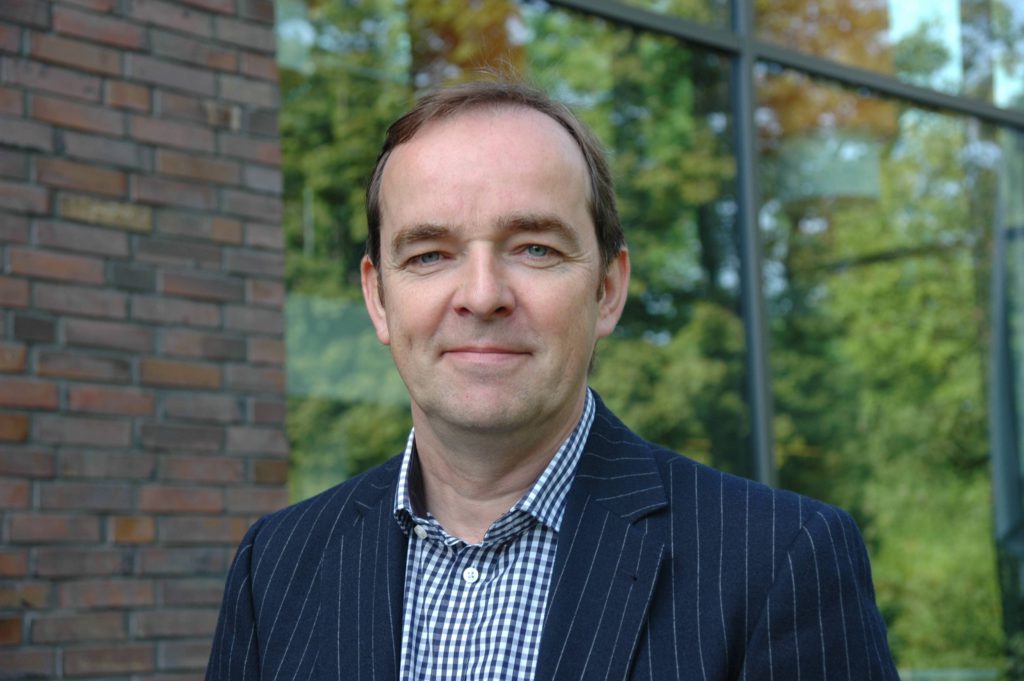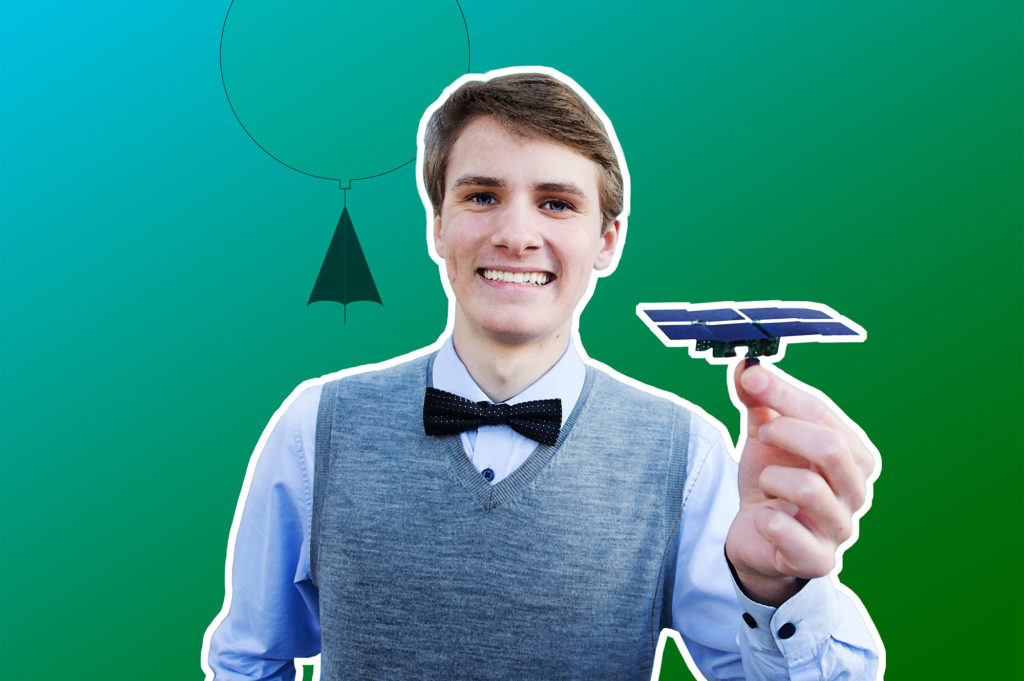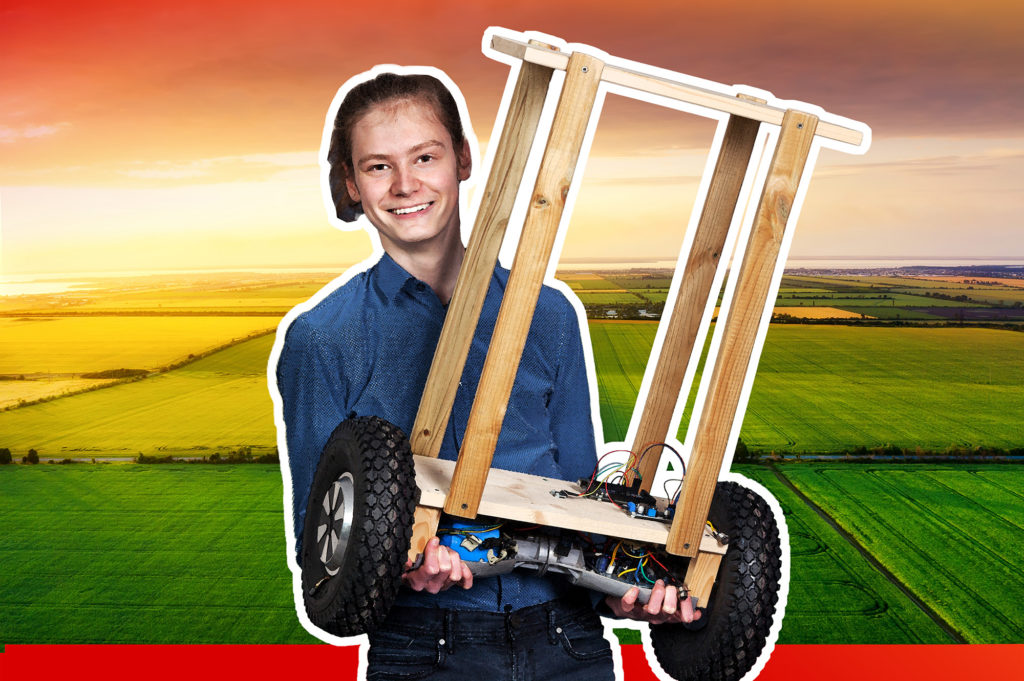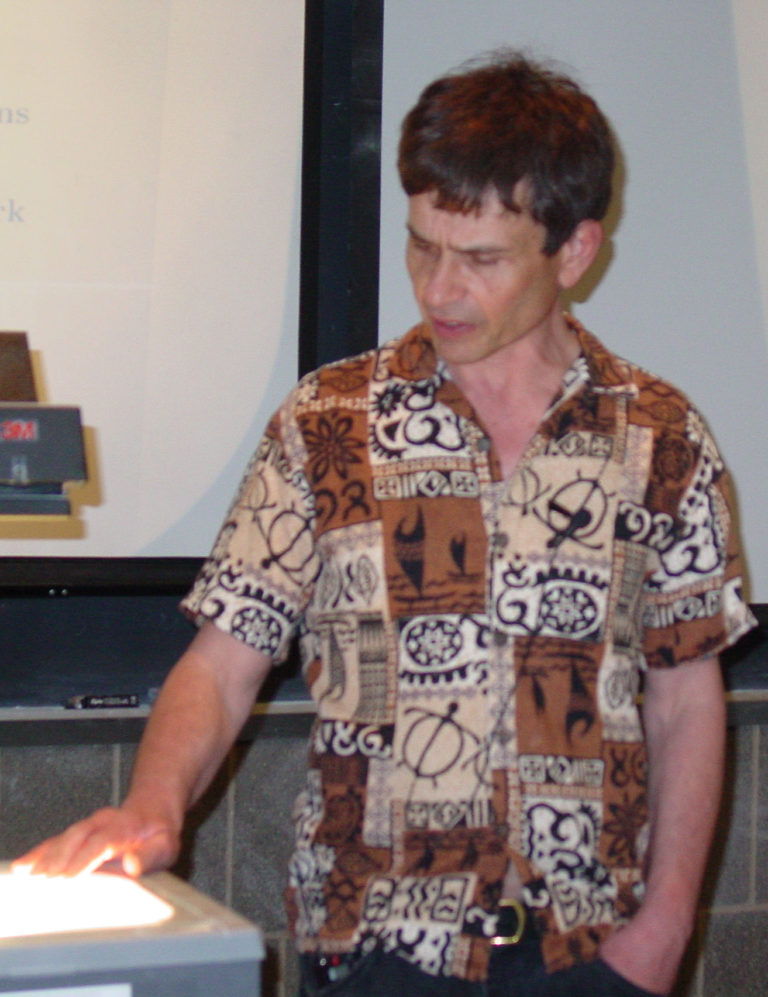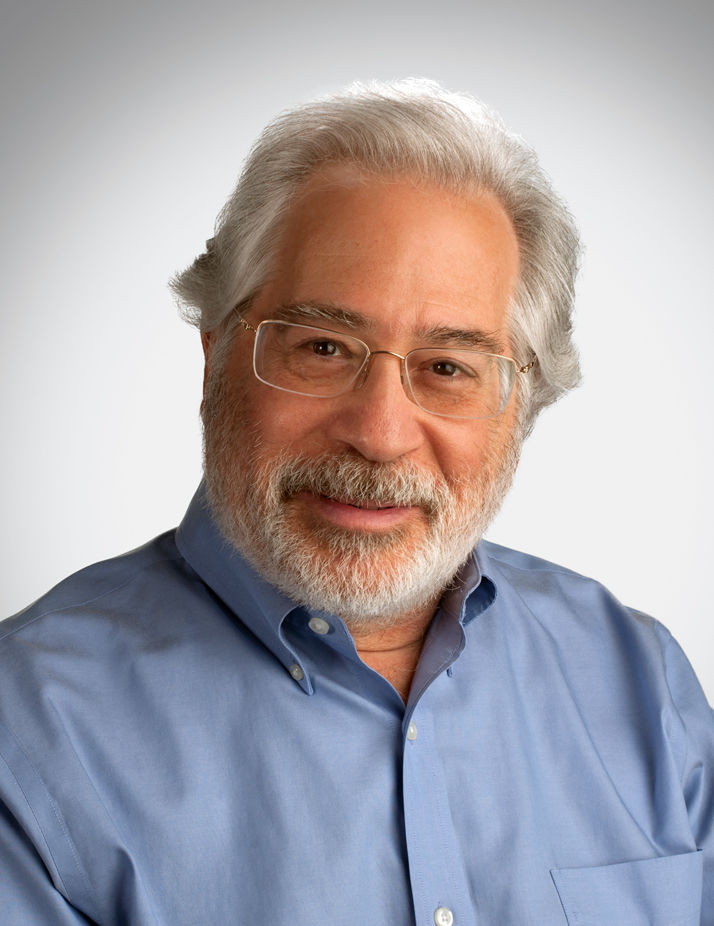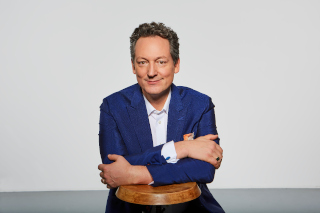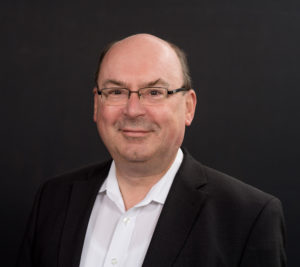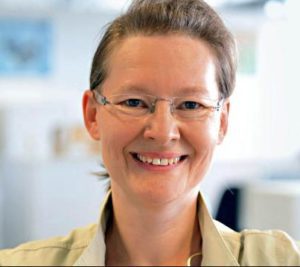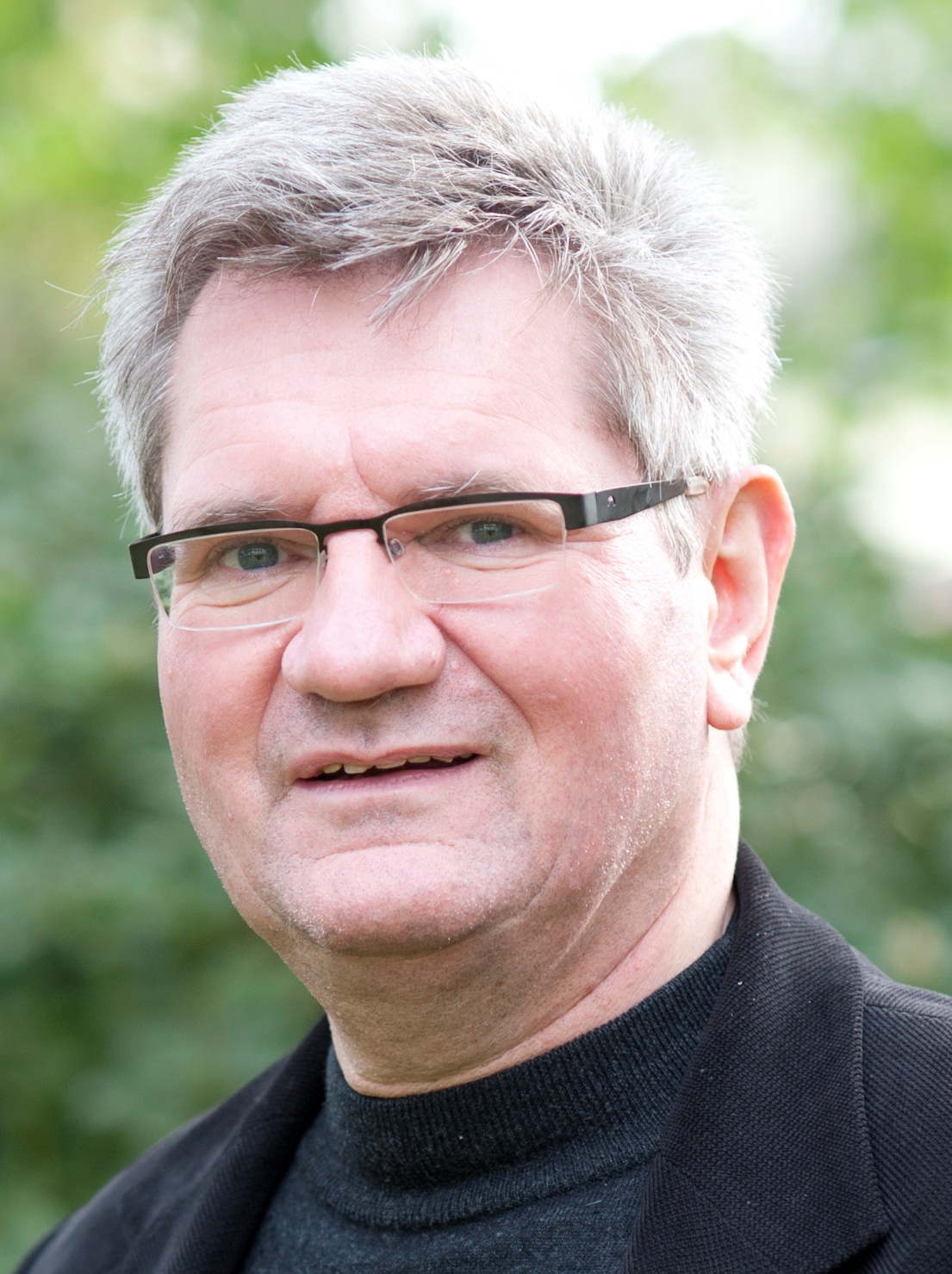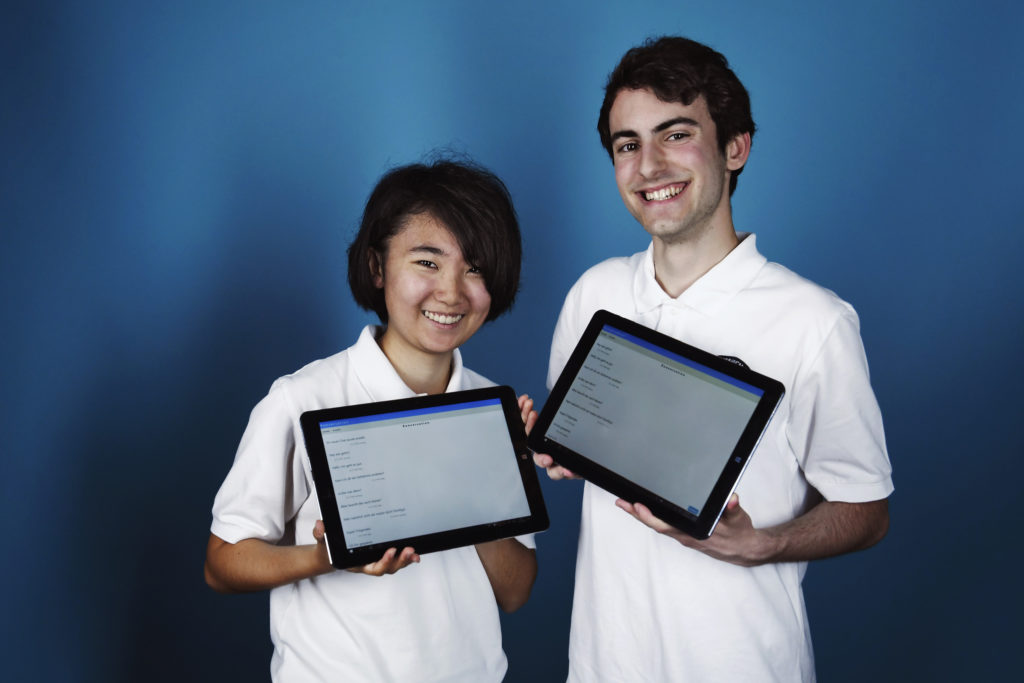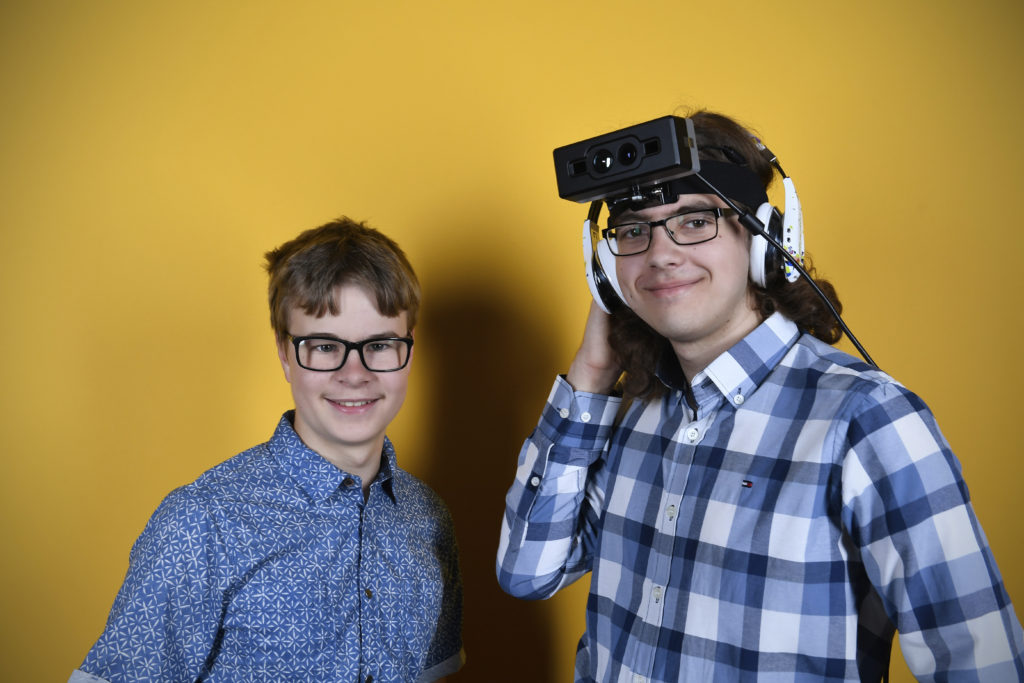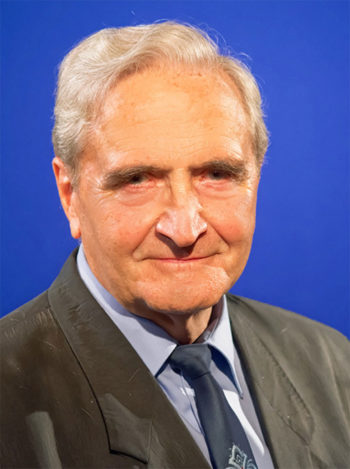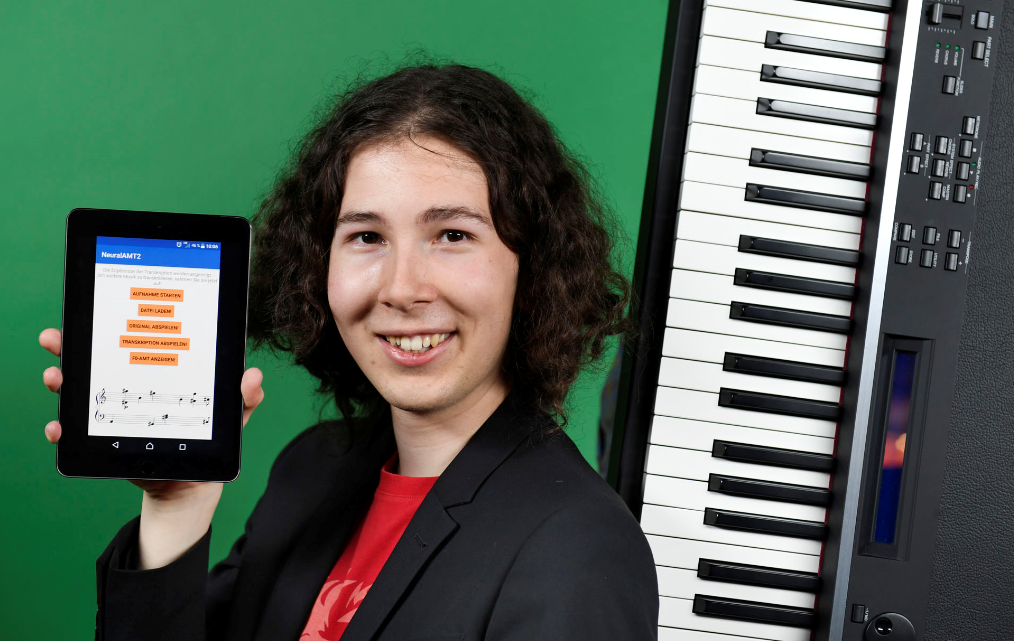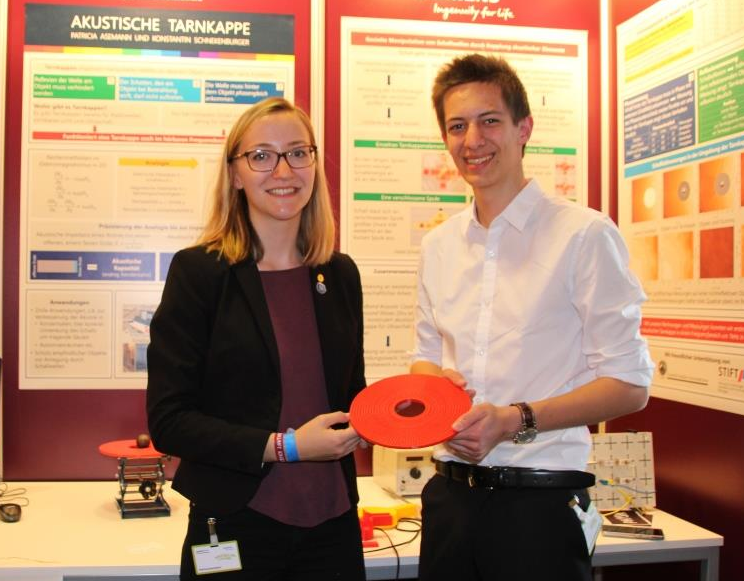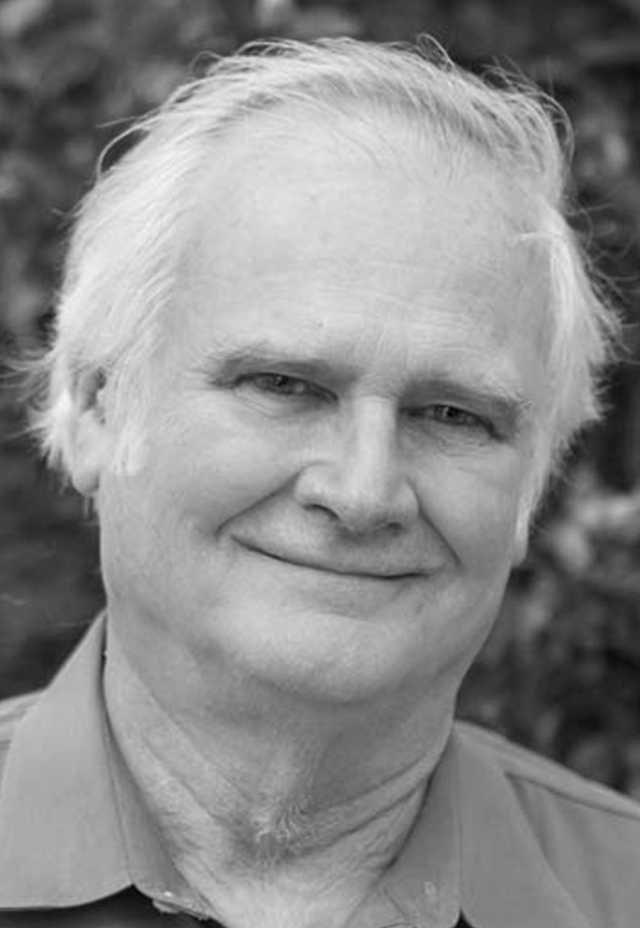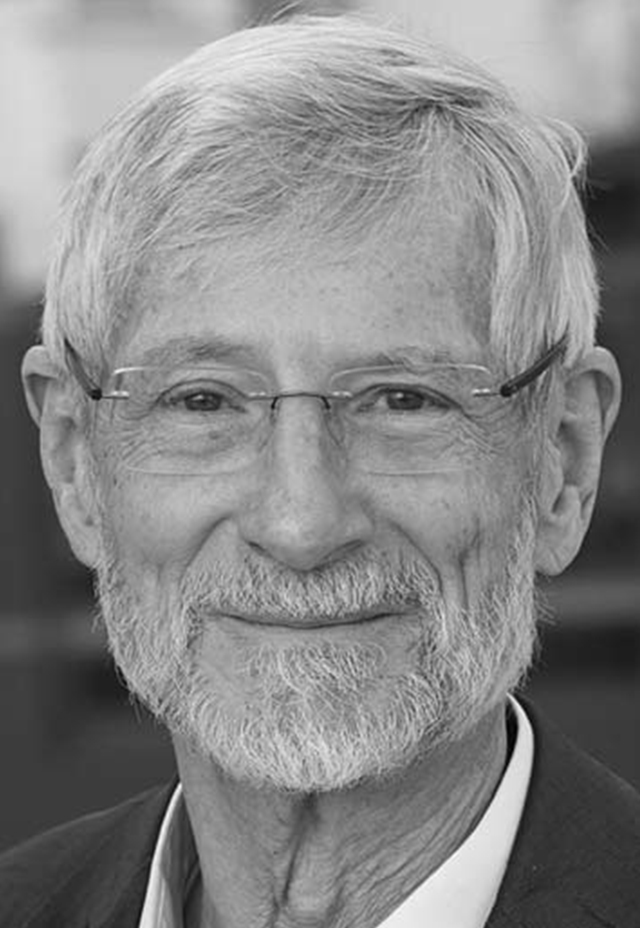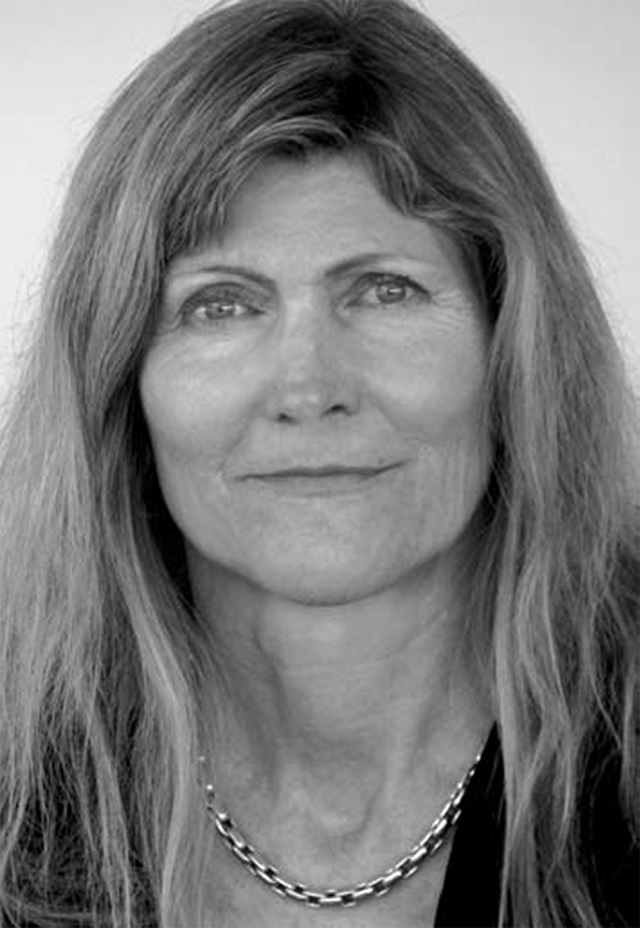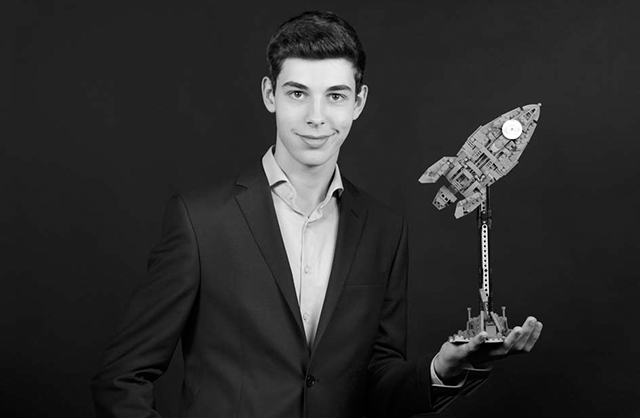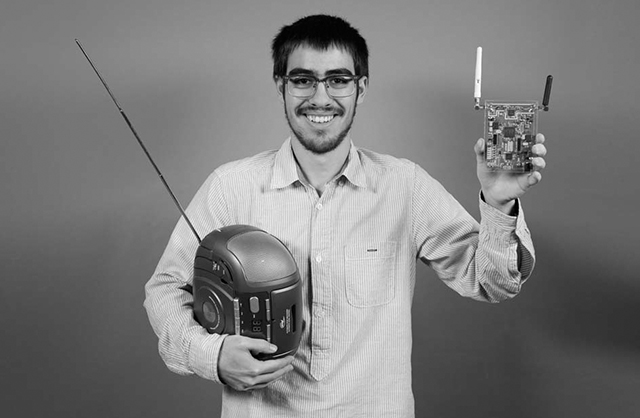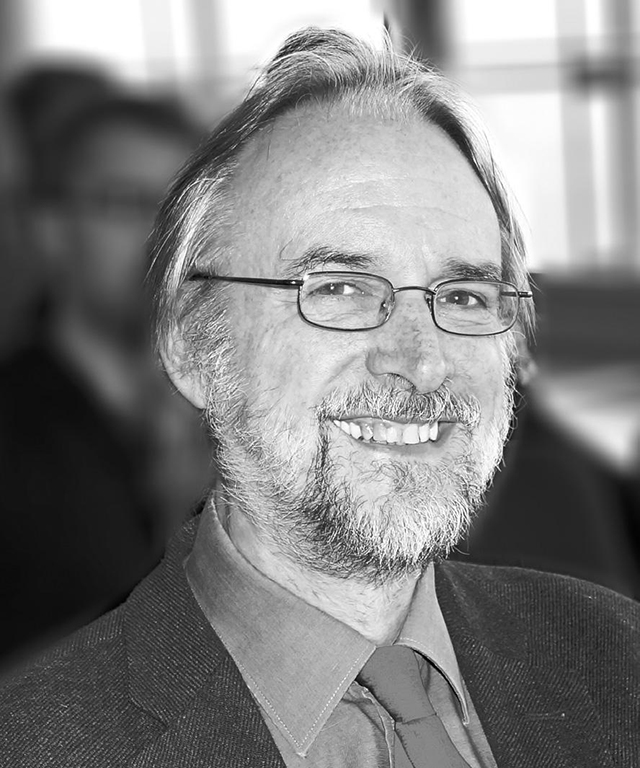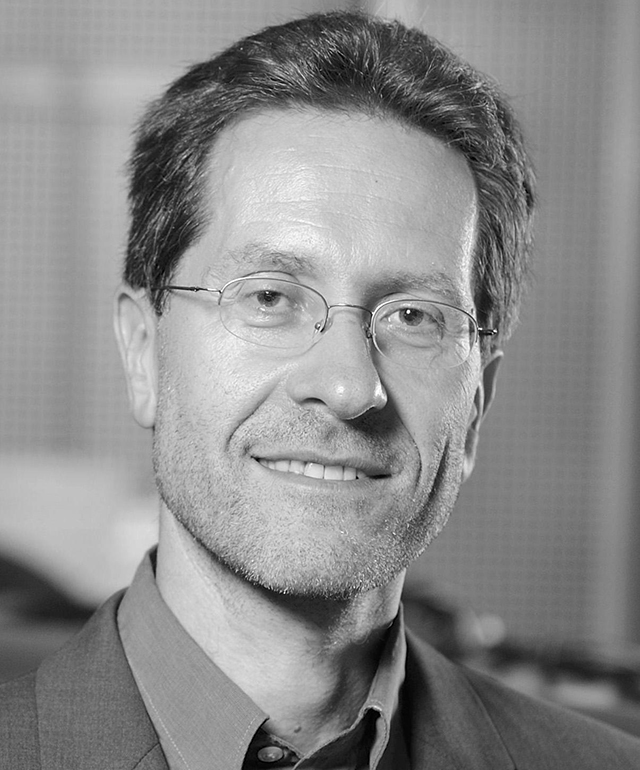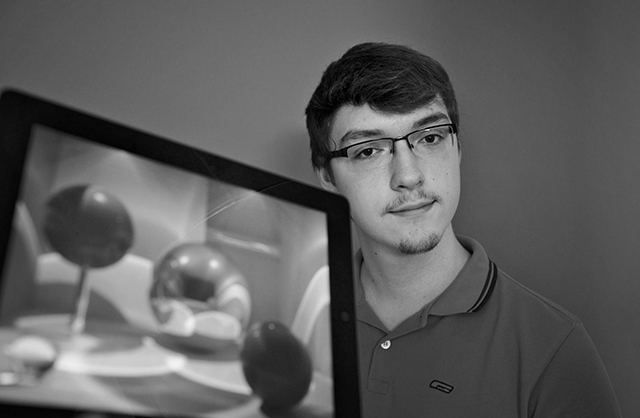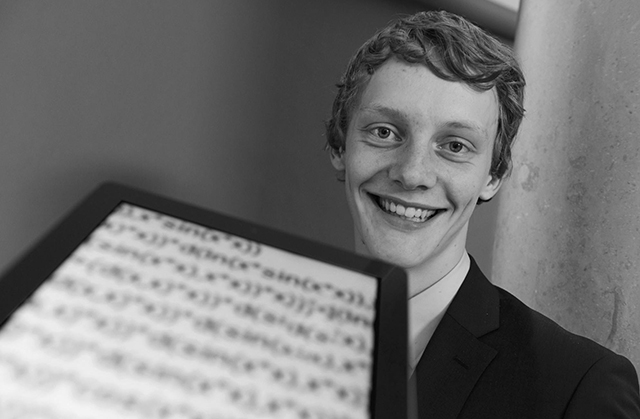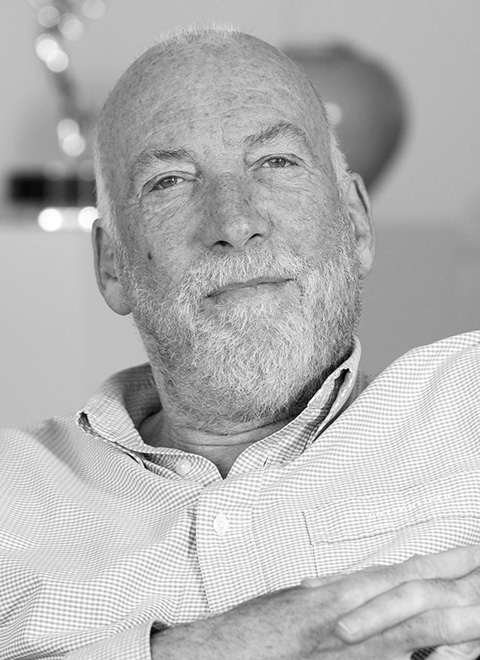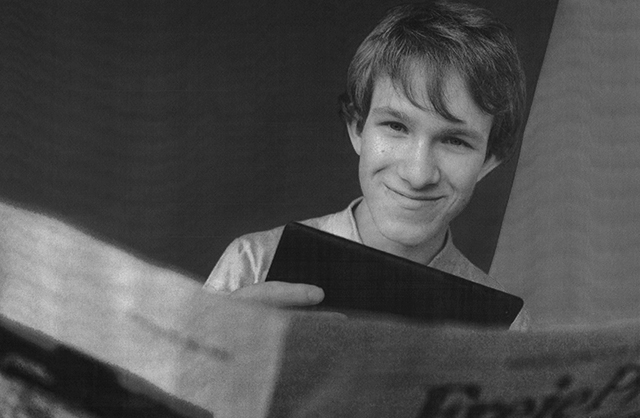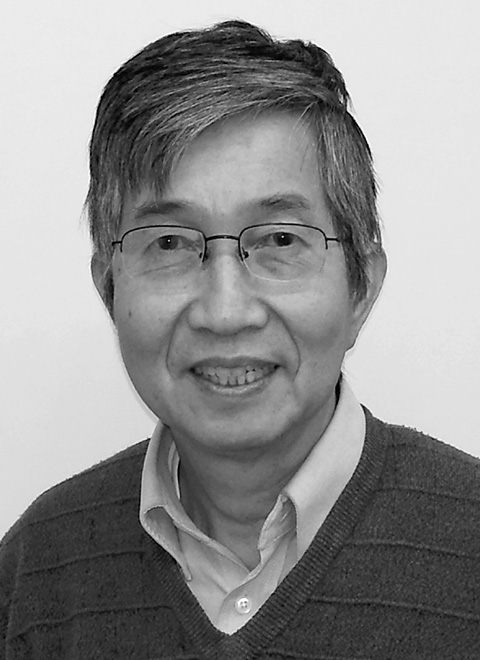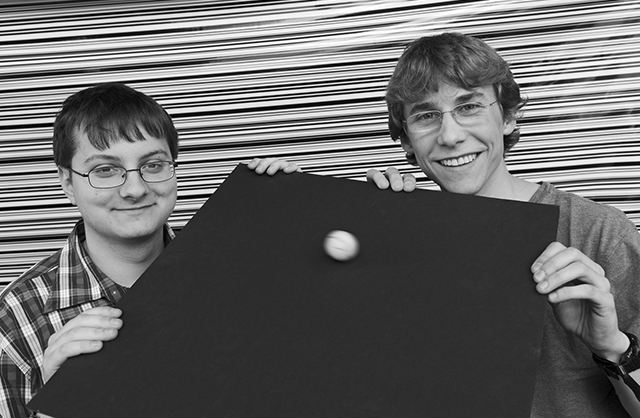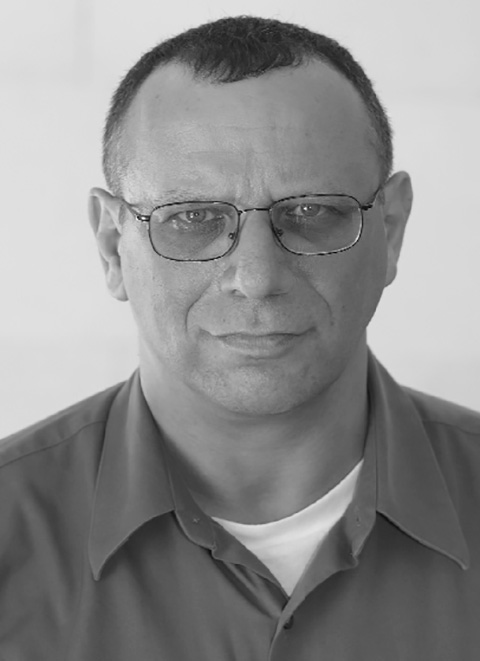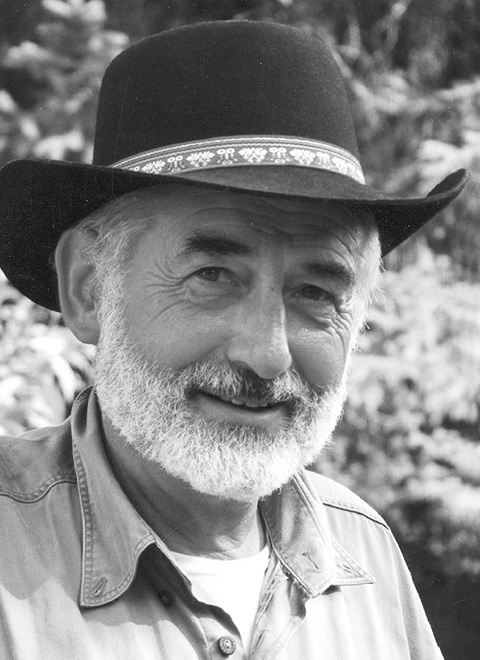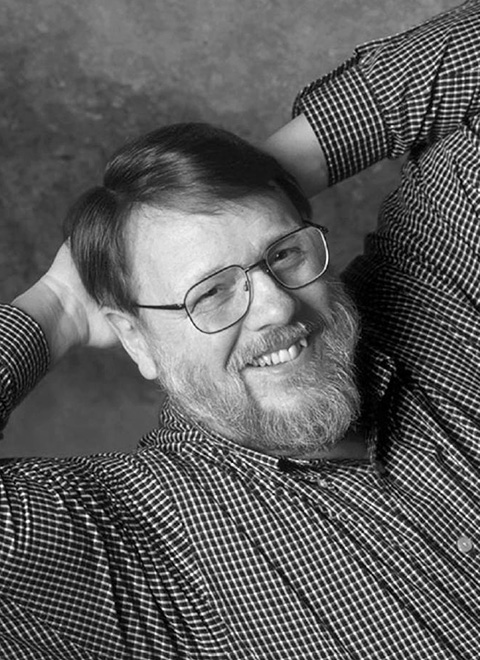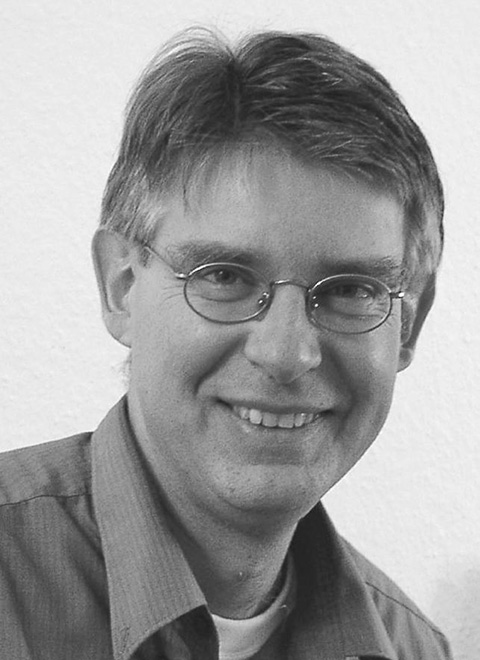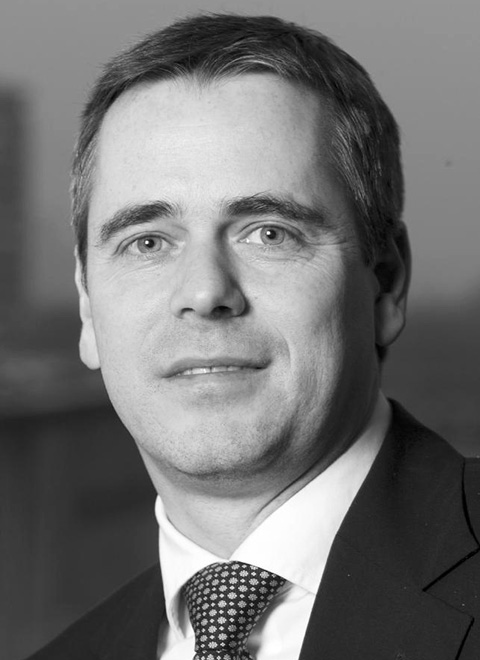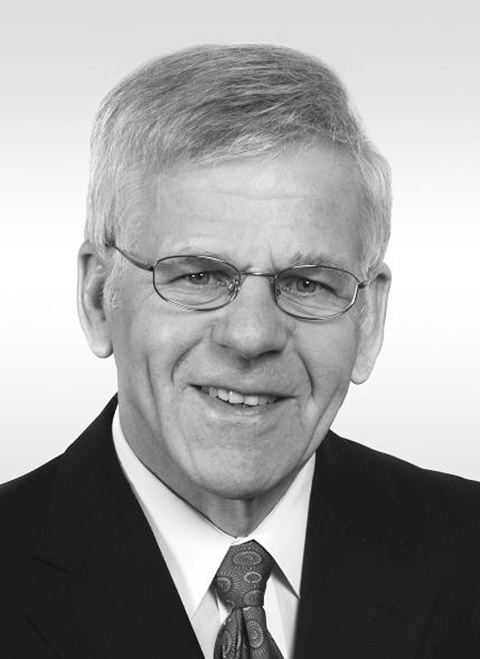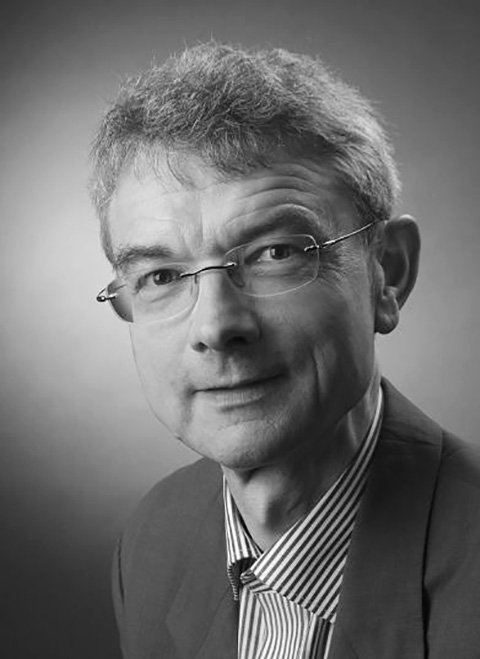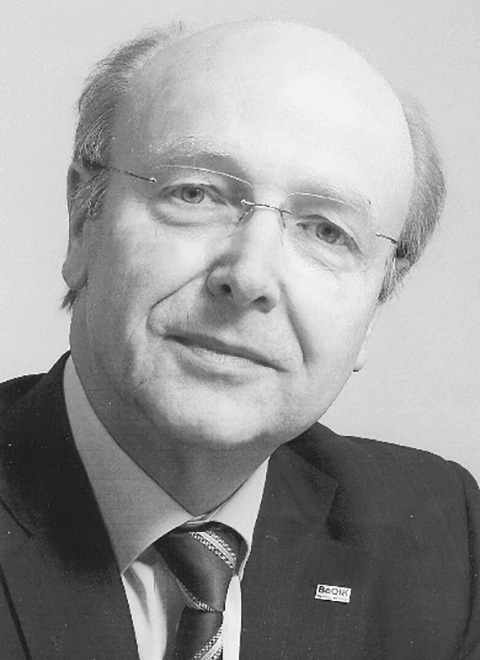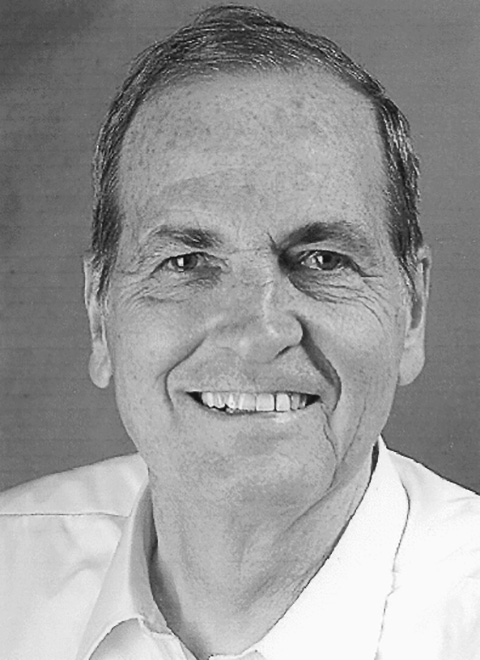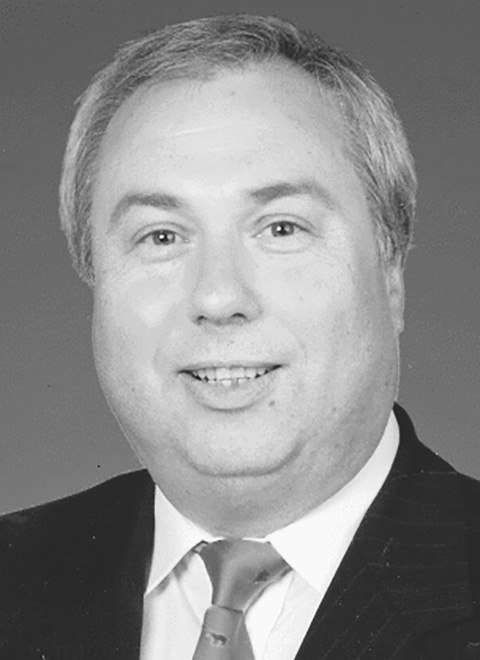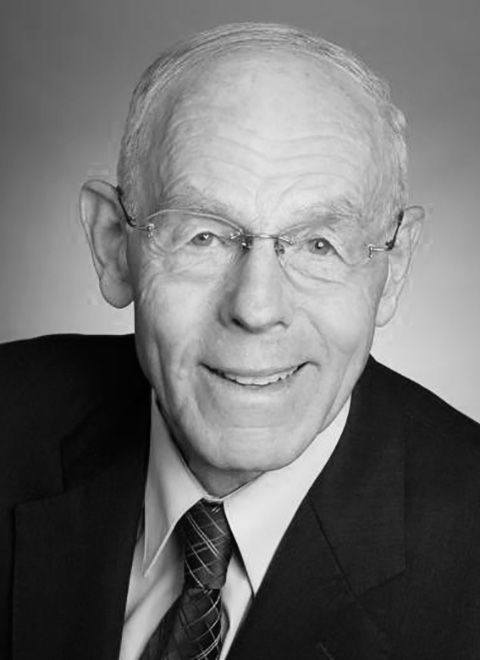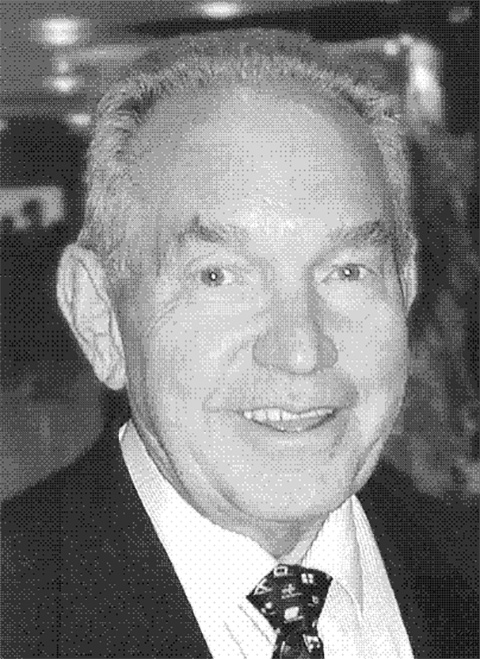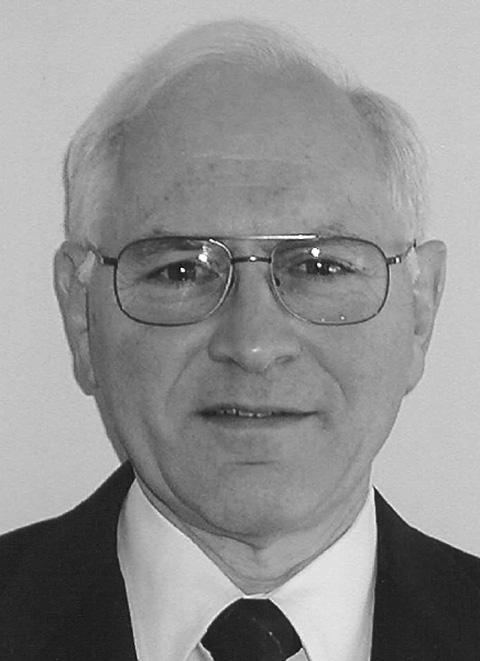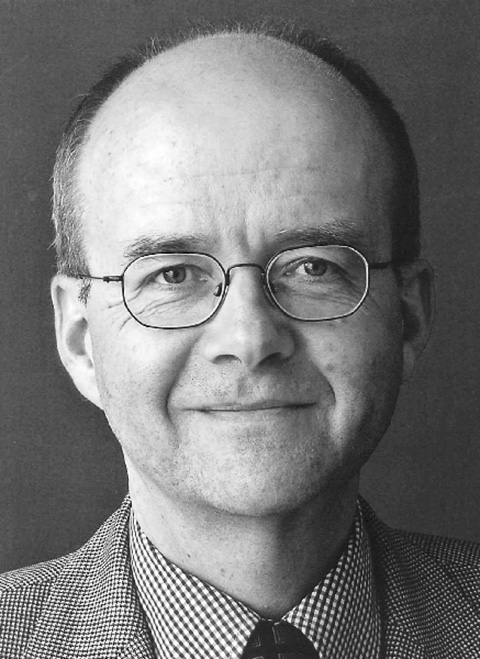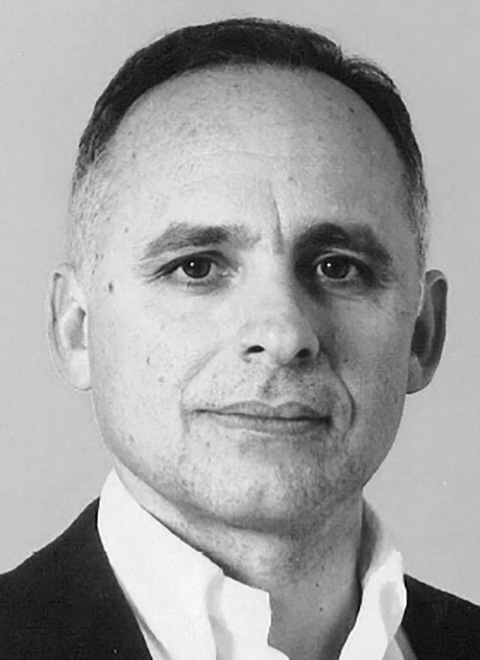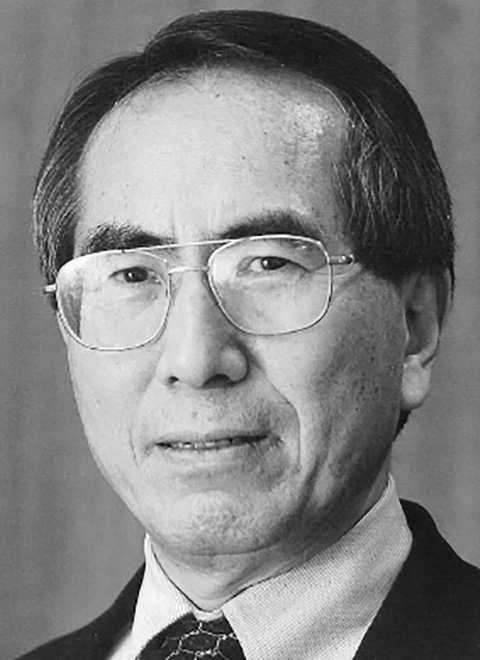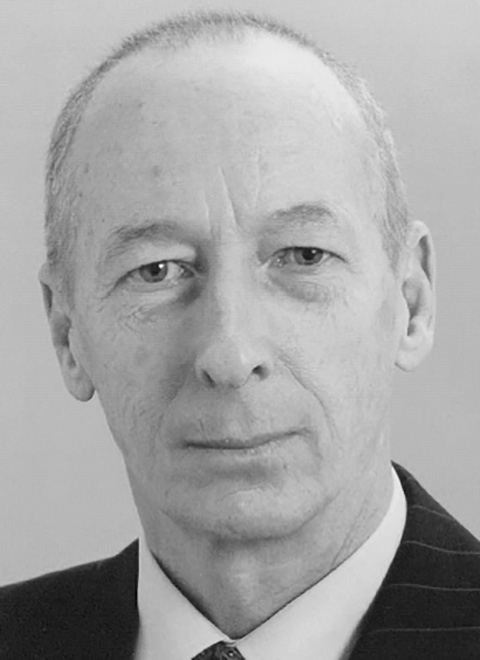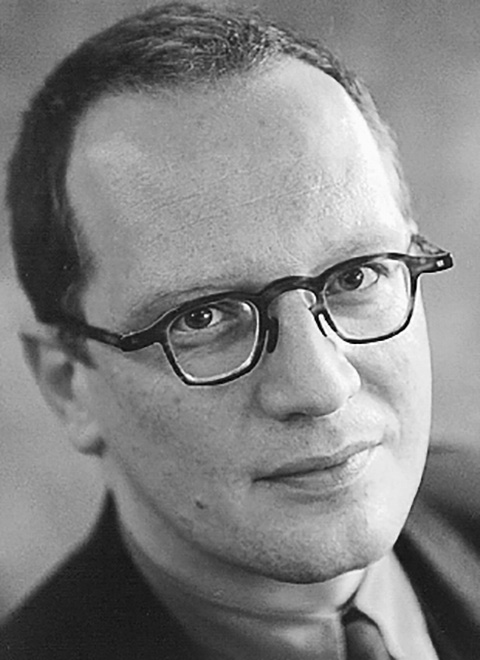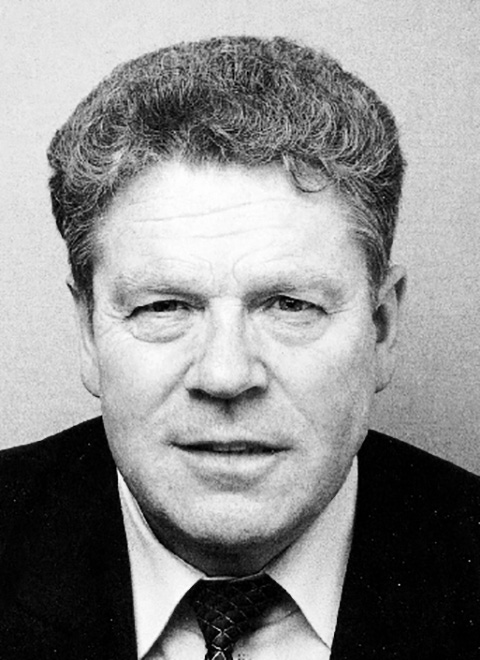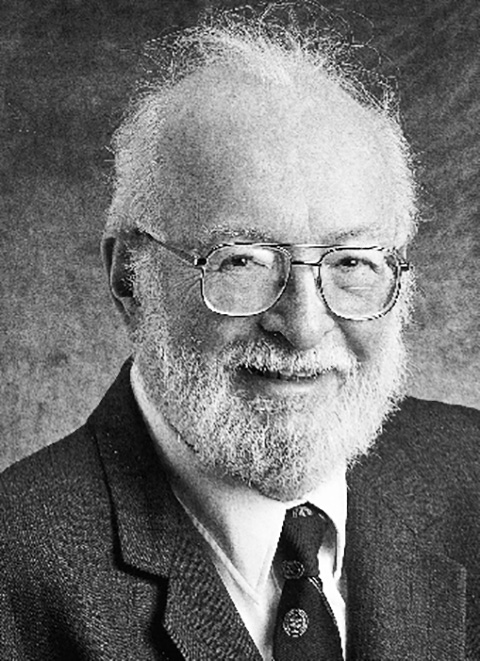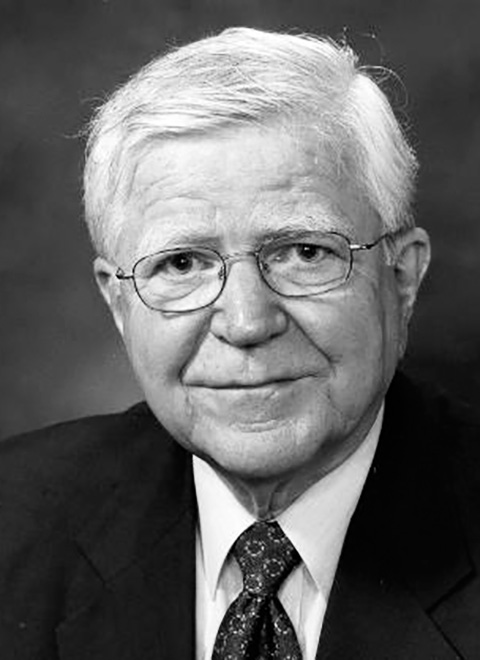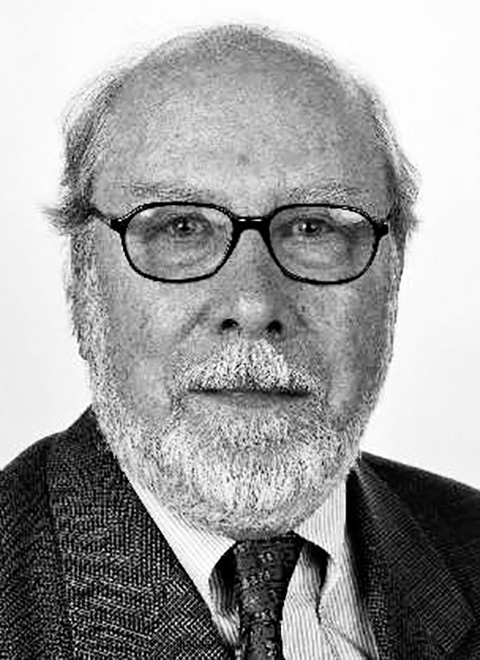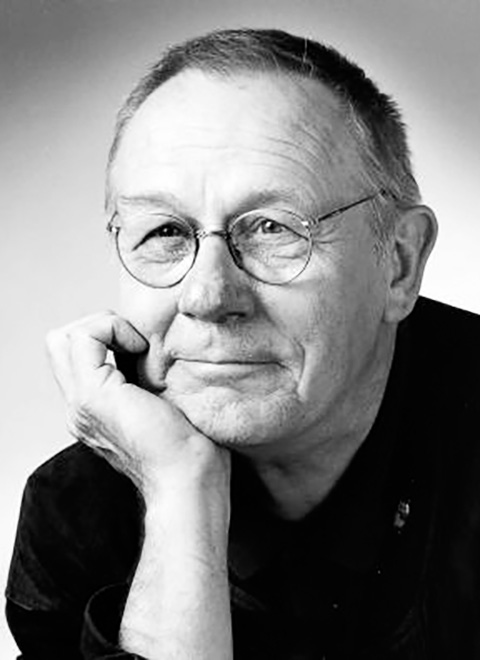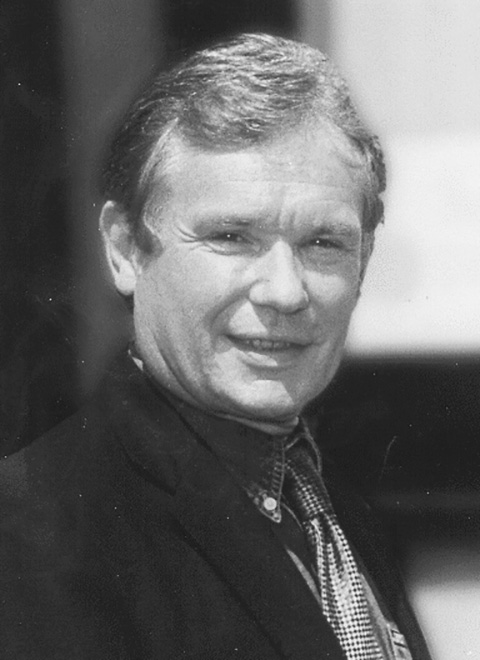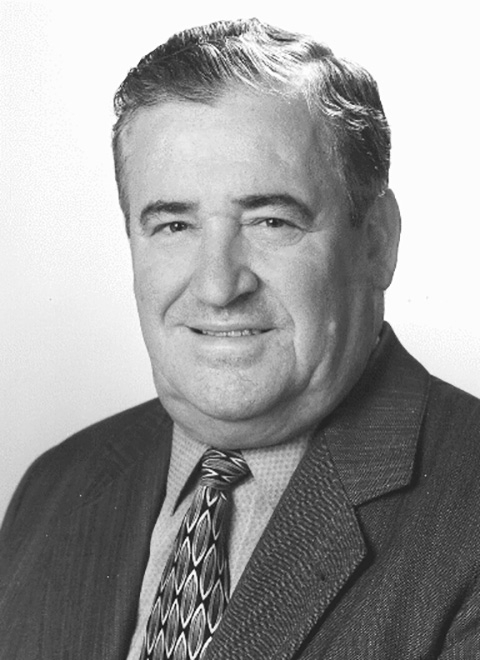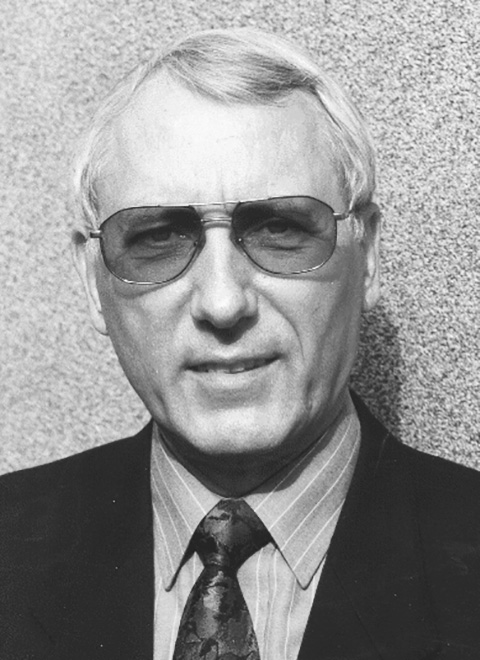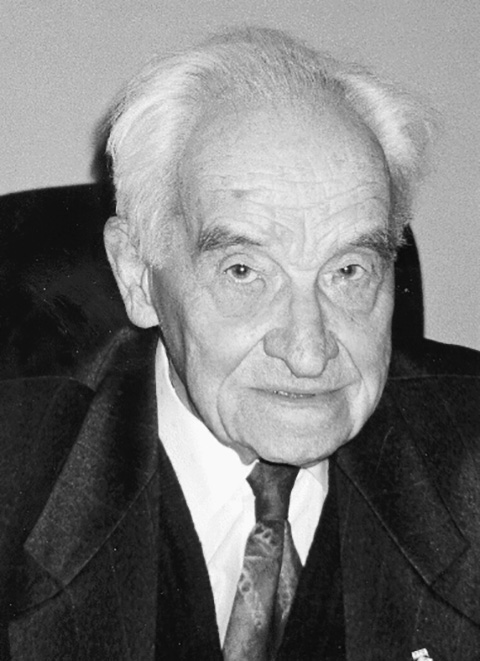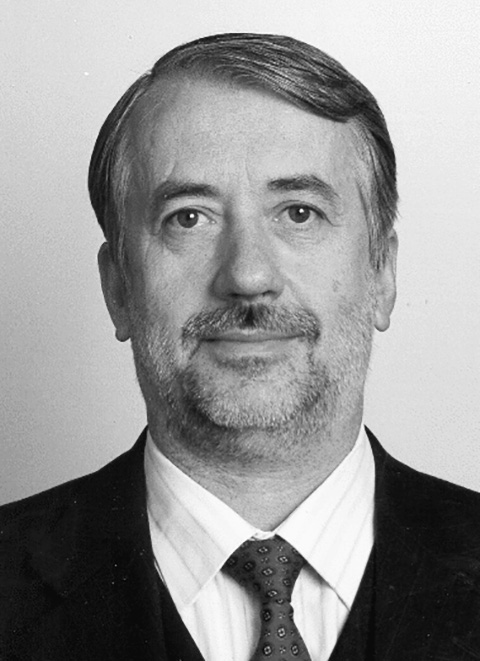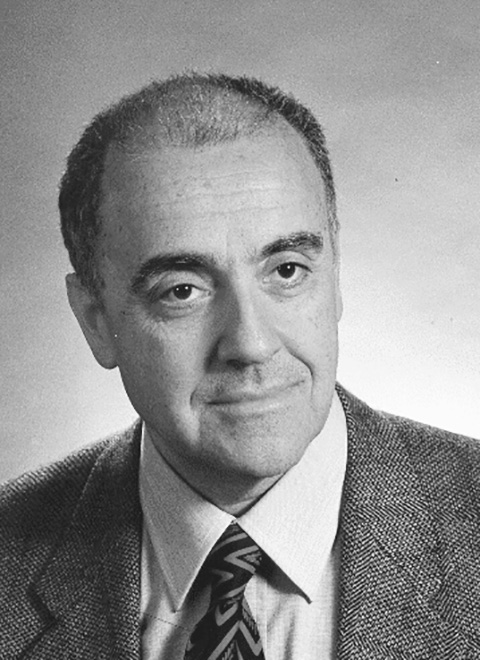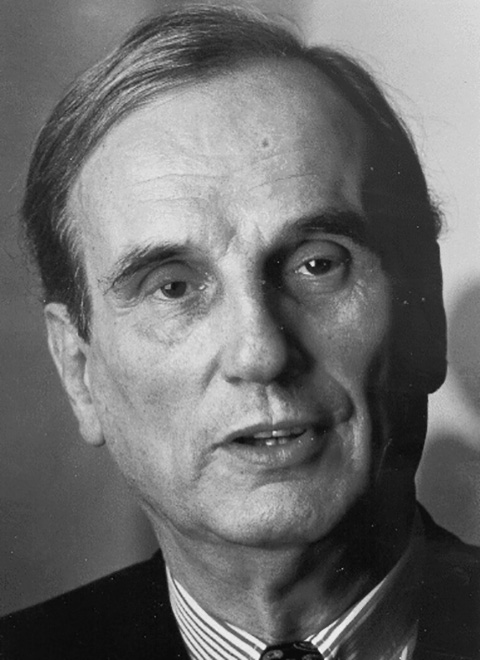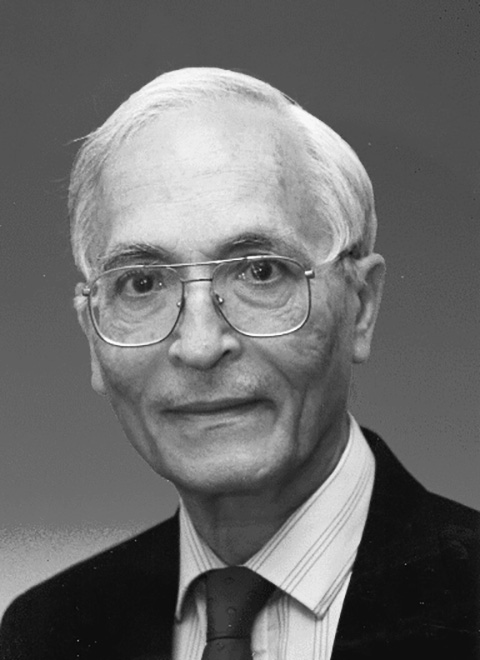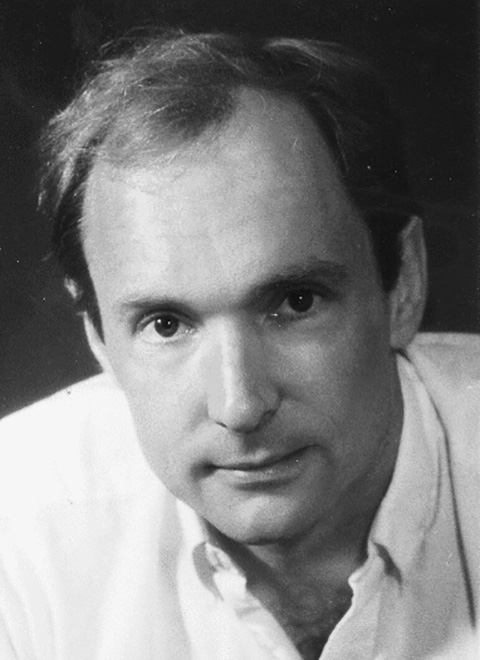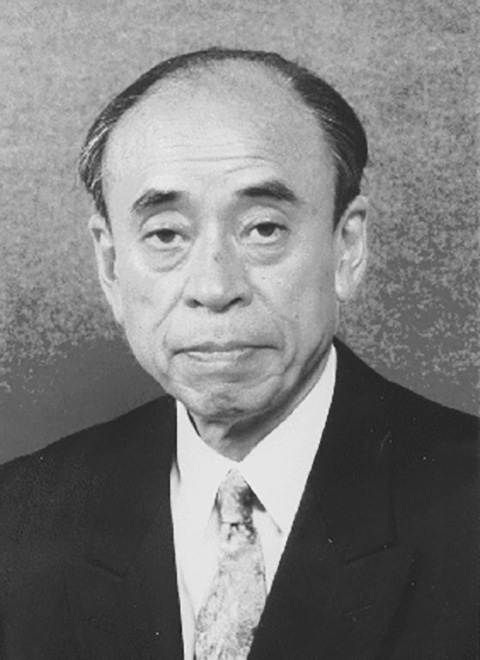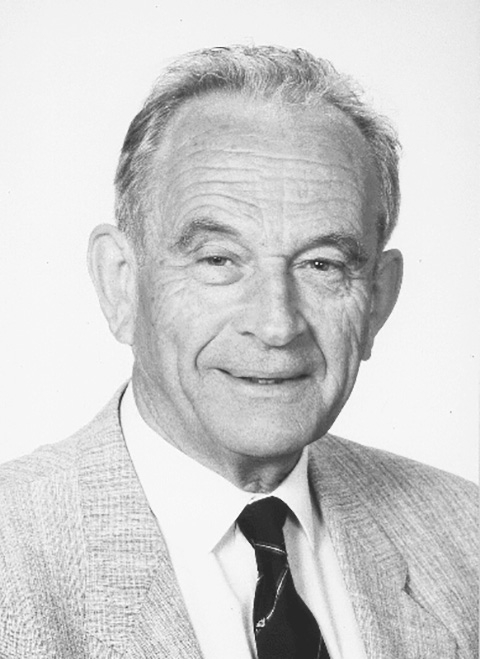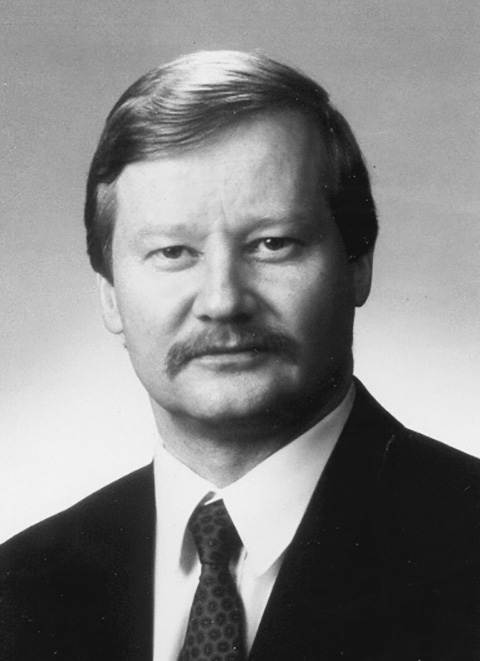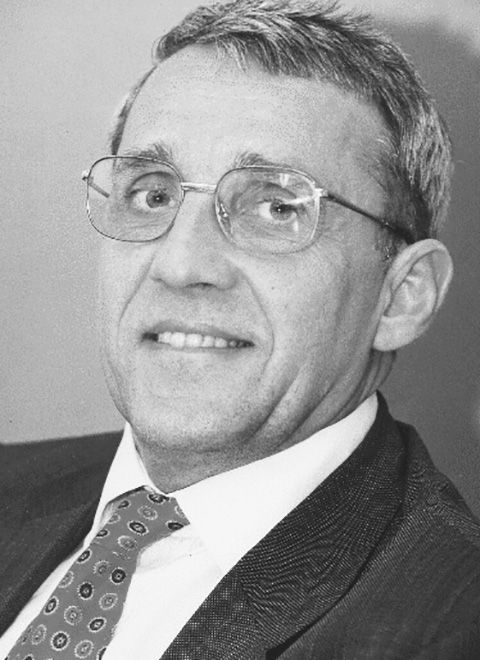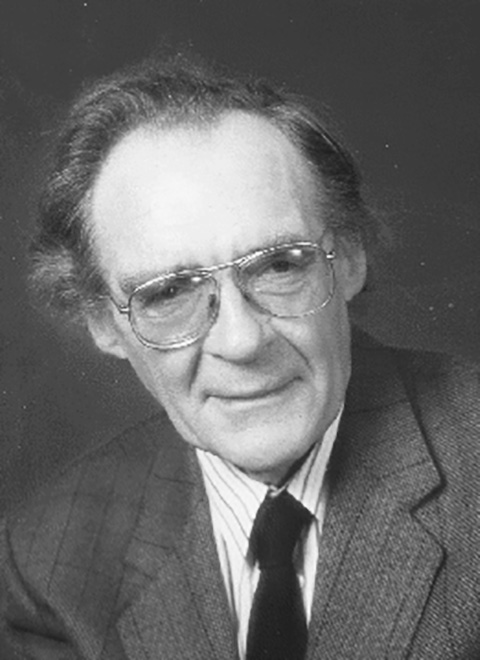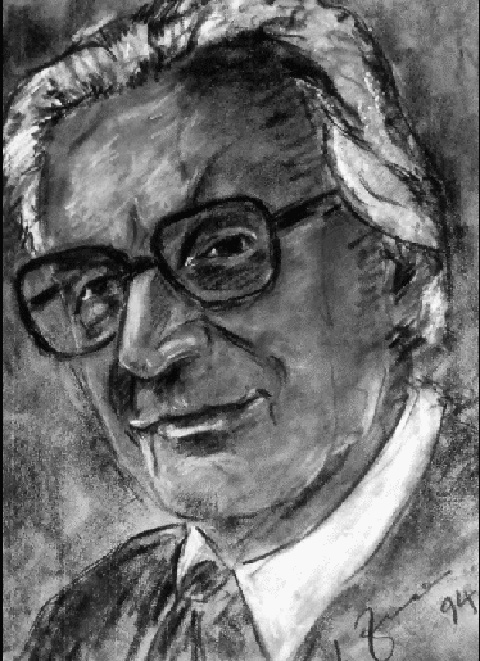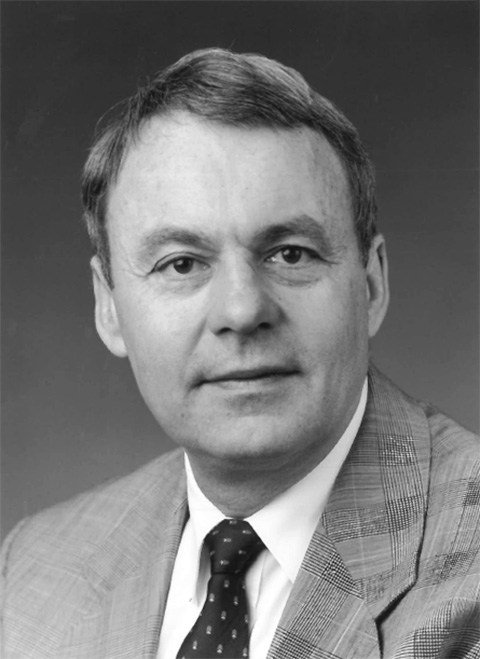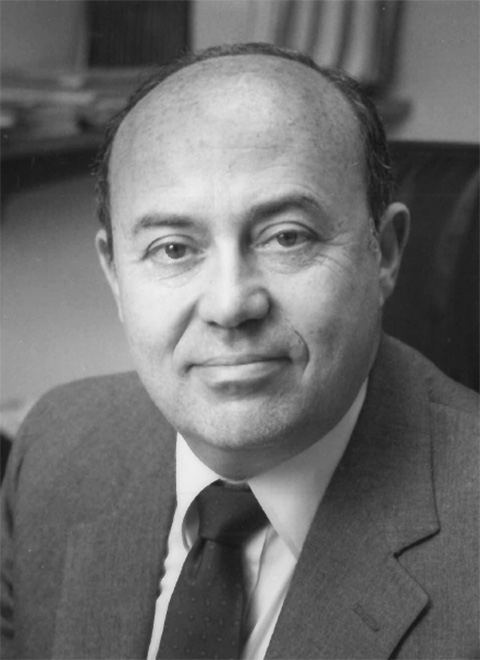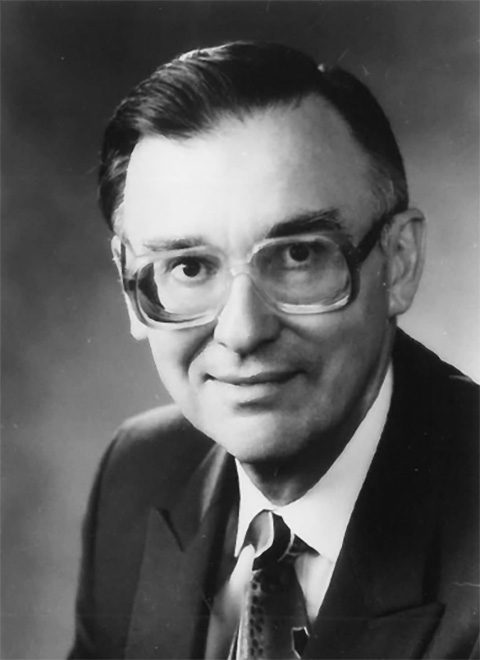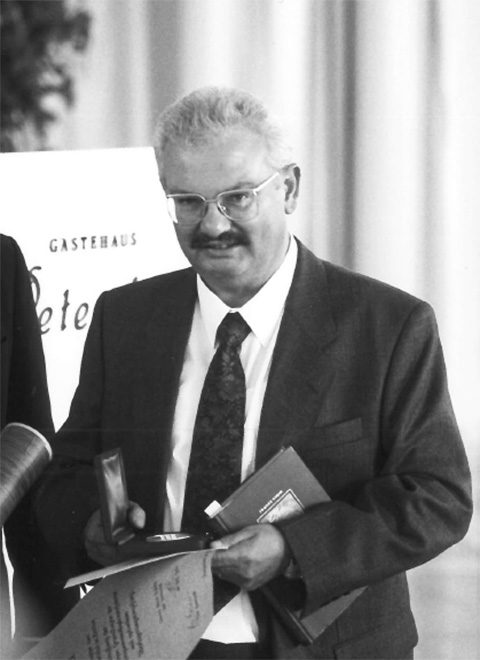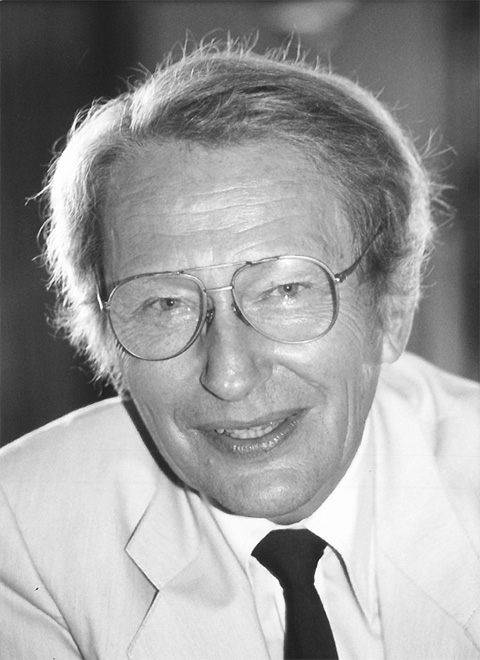2024
Technology Award
For pioneering contributions to generative image synthesis
We are fascinated when a machine succeeds in creating something new. But can a computer really be creative? With recent advances in the field of generative artificial intelligence (AI), the vision of using machines as partners in creative processes is within reach. Generative AI processes make it possible to generate texts, images, audio, videos and […]
Cultural Award
For his commitment as a communicator and ambassador of science. In his public appearances – including as part of the ‘Highlights of Physics’ programme – he regularly inspires his audience and achieves a broad social impact and media attention.
The physicist Metin Tolan has made an impressive career as a science communicator alongside his main profession as a researcher and university lecturer. There are not many scientists who perform together with a symphony orchestra in front of a large audience. The musicians play well-known James Bond film scores and Tolan explains whether a spectacular […]
Youth Award
Eduard Rhein Youth Prize for Radio, Television and Information Technology: School app Spina
Some time ago, all schools in Saarland were equipped with tablet computers. This gave Johann Haslinger the idea of programming an app to help organise everyday school life and support lessons as a central learning platform. The result is called ‘Spina’. The app presents the essential teaching materials in a clearly organised way, lists homework […]
Konrad Zuse Youth Prize for Computer Science from the Eduard Rhein Foundation: Simulated quantum computer
Quantum computers are considered to be the miracle machines of the future. They are expected to perform route calculations, material simulations and database searches much faster than before. However, the current prototypes are not yet powerful enough and the hardware is lacking. This is why quantum software is often developed on ordinary computers. The conventional […]
2023
Technology Award
For the conception of the first key agreement protocol whose security is derived from the validity of quantum physics
Writing is a very powerful means for the distribution of information to many people and over large distances, and for preserving the knowledge over time. Creating a network of potential readers was a primary challenge at the beginning. As literacy increased, the need to limit the access to information to selected readers developed. Julius Cesar […]
Cultural Award
For achievements in academic research and teaching, her commitment to communicating policy and science, and her outstanding role in communicating science to the general public
Antje Boetius is a marine biologist and professor of geomicrobiology at the University of Bremen. Since November 2017, she has headed the Alfred Wegener Institute in Bremerhaven and leads the research group “Microbial Habitats” at the Max Planck Institute for Marine Microbiology, where the first “meta-eaters” were discovered. She has worked as a leader of […]
Youth Award
Konrad-Zuse-Youth Prize for Computer Science of the Eduard Rhein Foundation: Electronical Nose
The human nose is a marvel of nature. Experts estimate that it can distinguish between billions and billions of scents. However, it is not able to smell all odors and gases. This is where Jakob Zöphel’s research project came in. He developed a kind of electronic nose by interconnecting 17 different gas sensors and integrating […]
Eduard Rhein Youth Award for Radio, Television and Information Technology: Software analyses walking movement
Some clinics and medical supply stores have a so-called gait lab. Here, patients walk on a special mat while sensors and cameras record their individual walking movements. Afterwards, software analyzes the gait and provides information on suitable shoe inserts, for example. However, such gait labs are expensive, which is why Matthias Fuchs decided to develop […]
2022
Technology Award
For the invention of metal oxide thin film transistors for display applications
Active-Matrix flat panel displays use thin film transistors for selection and driving of the electro-optical media such as liquid crystals or organic light emitting diodes placed in the various pixels. For direct view displays, this requires the deposition and structuring of the metals, dielectrics and semiconductors used in the thin film transistor on up to […]
Cultural Award
For his excellent achievements in combining scientific research, popularization of science, and social engagement
Harald Lesch (* July 28, 1960 in Giessen) is professor of astrophysics at the observatory of the Ludwig-Maximilians-Universität in Munich and lecturer in natural philosophy at the Munich School of Philosophy. In his research and teaching, he combines in a special way the results of modern astrophysics and cosmology with the epistemological foundations of the […]
Youth Award
EDUARD RHEIN YOUTH AWARD 2022 FOR BROADCAST, TELEVISION AND INFORMATION TECHNOLOGY: Low-cost instant replay system for professional use
For some time now, Elian Terelle and a friend have been organizing live broadcasts of a Bundesliga volleyball team’s matches on the Internet. What was missing until now were replays of exciting game scenes, also in slow motion if desired. Systems are available for purchase that can do this, but they are quite expensive. So […]
2022 CONRAD ZUSE YOUTH PRIZE FOR DATA PROCESSING: Computer Simulates Pandemic
The corona pandemic has been going on for more than two years. To combat it, policymakers resorted to a variety of measures – from contact restrictions to school closures to vaccination campaigns. But what have these measures achieved in detail? To answer this question, Noel Friedrich developed a comprehensive computer simulation in which he simulated […]
2021
Technology Award
For the development of MRI diffusion tensor imaging, which is used for surgery and radiation planning, research into neurological diseases associated with white matter changes, and reconstruction of neural pathways in the brain (tractography)
Magnetic resonance imaging (MRI) is an imaging technique for generating cross-sectional images of the human body based on the measurement of the magnetization of certain atomic nuclei (usually hydrogen nuclei) by means of excitation by radiofrequency pulses within a strong magnetic field. The method thus does not require X-rays. While magnetic resonance spectroscopy had been […]
Cultural Award
For his great services in founding and managing the Science Media Center Germany (SMC)
Volker Stollorz is one of the most experienced and recognized medical journalists in Germany. It is largely thanks to his commitment that an initiative of the Science Press Conference (WPK), the establishment of the Science Media Center Germany (SMC), could actually be implemented in 2015. The establishment and management of the SMC was in the […]
Youth Award
EDUARD RHEIN YOUTH AWARD 2021 FOR RADIO, TELEVISION AND INFORMATION TECHNOLOGY: Search for the weather balloon
Every day, thousands of weather balloons rise to an altitude of 30 to 40 kilometers around the world. On board, they carry small probes that record temperature, humidity and air pressure and continuously radio the measured data to the weather services on Earth. In his research project, Amon Schumann developed two approaches to optimize traditional […]
KONRAD ZUSE YOUTH AWARD 2021 FOR INFORMATICS: Development of a low-cost, self-balancing and autonomous agricultural robot
Robots are becoming increasingly common in everyday life, for example as vacuum cleaners or lawn mowing robots. In his research project, Simon Sure set himself the goal of supporting agriculture and designing a robot for the field. To do this, he used the drive system of a used hoverboard, a two-wheeled vehicle that can balance […]
2020
Technology Award
FOR THE INVENTION OF CRYPTOGRAPHY BASED ON ELLIPTICAL CURVES
A physical signature on a contract gives a modest yet legally binding guarantee that the signee approved the agreement. Such signatures have long played an important role in society but they have several disadvantages: they are easy to forge, they do not assure that the document was not altered after signing and they are cumbersome […]
Cultural Award
FOR HIS OUTSTANDING SUCCESS IN SCIENCE COMMUNICATION WITH THE HELP OF HUMOR AND ENTERTAINMENT
Dr. med. Eckart von Hirschhausen has invented new forms of science communication – with major success. He conveys sciencebased knowledge with humour. His cabaret programmes, non-fiction books and TV shows are prooving that a combination of scientific substance and entertainment can reach millions of people. For pioneering this new type of science journalism von Hirschhausen […]
Youth Award
No awardee
No youth awards were given in 2020.
2019
Technology Award
For the invention of the deep reactive ion etching process (Bosch Process), a key process for manufacturing semiconductor sensors
Sensors are the sensory organs of our machines and technical systems. They can be found everywhere today, in cars, in mobile phones, and in many parts of our daily lives. Against the backdrop of the megatrends IoT (Internet of Things) and AI (Artificial Intelligence), the importance of sensors will reach a new dimension. Without these […]
Cultural Award
For his outstanding scientific achievements and his exceptional expertise in communicating scientific findings to the broader public as well as into the policy arena
Robert Schlögl is not only an outstanding scientist with a worldwide reputation far beyond the borders of his respective discipline; he is also an excellent communicator of scientific themes – Schlögl is, so to speak, a true “ambassador of science”. More than anyone else, Robert Schlögl possesses the ability to elucidate complex scientific-technical interrelationships and […]
2018
Technology Award
For Pioneering work on Flash OFDM as a Forerunner of Fourth-Generation Mobile Communications (4G)
It does not take a keen observer to recognize that we are addicted to mobile phones. At home, in public squares, at bus stops, in subways, on trains and planes, on bikes and in cars, in short everywhere, both young and old type and swipe to communicate. This universal social activity was made possible by […]
Cultural Award
For his life’s work as a scientific journalist
As a science journalist, Jean Pütz has produced more than 3,000 TV shows, contributing in an extraordinary way to making science and technology popular. An audience of millions came to know him in particular through the German television show “Hobbythek” as well as through “Wissenschaftsshow” and further television formats. In “Hobbythek,” Pütz drew parallels between […]
Youth Award
EDUARD-RHEIN-JUGENDPREISES 2018 für Rundfunk-, Fernseh- und Informationstechnik Don’t Spy – sichere Kommunikation in Ihrem Team, Lauscher müssen draußen bleiben
Wer bei der Arbeit via Laptop, Smartphone oder Tablet im Team kommuniziert, der möchte verhindern, dass ein fremder Lauscher mithört und so möglicherweise an Firmengeheimnisse kommt. Um ein abhörsicheres Chatten zu gewährleisten, haben Lukas Ruf und Mai Saito eine spezielle App namens „Don’t Spy“ entwickelt. Sie basiert auf mehreren raffinierten Verschlüsselungsverfahren. Unter anderem werden sämtliche […]
KONRAD-ZUSE-JUGENDPREISES 2018 für Informatik der EDUARD-RHEIN-STIFTUNG: DOSUAS – die Symphonie des Sehens, Akustischer Wegweiser
Wie kann man sehbehinderten Menschen helfen, sich in einem Raum zu orientieren? Diese Frage stellten sich Yorick Zeschke und Jonas Wanke und fanden eine originelle Lösung: Die beiden entwickelten ein Gerät namens DOSUAS, bei dem akustische Signale als Wegweiser fungieren. Zunächst nimmt eine 3-D-Kamera, die auf einer Spezialbrille montiert ist, Bilder des betreffenden Raumes auf. […]
2017
Technology Award
For pioneering contributions to autonomic driving
For centuries humans used animals for traveling over long distances. These ensured collision-free journeys. The invention of the automobile in the late 19th century allowed for higher speed, but also required that human drivers took active control to keep their vehicle on the road and to avoid collision with others. The conception that automobiles would […]
Youth Award
Konrad-Zuse-Jugendpreis für Informatik der Eduard-Rhein-Stiftung: Automatic Music Transcription using Artificial Neural Networks
Wer schon einmal Musik komponiert hat, kennt das Problem : Man hat etwas Interessantes improvisiert und auf einen Tonträger aufgenommen. Nun sollen diese Takte zu einer Komposition weiterentwickelt werden. Dabei ist es hilfreich, die Improvisation als Noten vor sich zu haben. Höchst praktisch wäre daher eine Software, die die Musik automatisch in Noten umschreibt. Ein […]
Eduard-Rhein-Jugendpreis für Rundfunk-, Fernseh- und Informationstechnik: Akustische Tarnkappe
Metamaterialien sind künstlich erzeugte Werkstoffe mit optischen, elektrischen oder magnetischen Eigenschaften, die in der Natur so nicht vorkommen. Man nutzt sie zur Herstellung sogenannter Tarnkappen, die Objekte scheinbar unsichtbar werden lassen, indem die elektromagnetischen Wellen um sie herumgelenkt werden. Patricia Asemann und Konstantin Schnekenburger konstruierten ein akustisches Pendant zu Metamateralien. Mit einem 3-D-Drucker stellten sie […]
2016
Technology Award
cochlear implant: Research, development and commercialization
Univ. Doz. Dipl.-Ing. Dr. techn. Dr. med. h.c. Ingeborg J. Hochmair-Desoyer and em. o. Univ. Prof. Dipl-.Ing. Dr. techn. Dr. med. h.c Erwin Hochmair
For the development and commercialization of the world’s first multi-channel microelectronic cochlear implant.
Prof. Blake S. Wilson, Ph.D., D.Sc., D.Eng., Dr. med. h.c. (mult.)
For research and development of an auditory coding strategy for cochlear Implants named “Continuous Interleaved Sampling” (CIS) in the late 1980’s, which has dramatically improved speech recognition without visual cues in these patients.
Youth Award
Das Internet der Dinge
Wie praktisch wäre es, alltäglich genutzte Geräte wie Heizungen, Kühlschränke oder Alarmanlagen über das Internet zu verbinden, um ihre Funktion aus der Ferne per Tablet oder Smartphone steuern zu können?
Software-Radio
Wer Daten übertragen, Radio hören oder funken will, kann dazu ein sogenanntes Software Defined Radio (SDR) nutzen. Die Signalverarbeitung dieser Hochfrequenzsender und -empfänger, geschieht mittels Software. Vorteile sind eine reduzierte Geräteinfrastruktur und eine gute Anpassung an wechselnde Übertragungsstandards. Lukas Lao Beyer hat ein Kosten günstiges SDR entwickelt.
2015
Technology Award
Development of the mp3 audio coding technique
für entscheidende Beiträge zur Entwicklung und praktischen Implementierung des mp3-Audio- codierungsverfahrens.
Youth Award
Lichtstrahlen auf der Spur
Erweiterung eines Lernalgorithmus der Lichtsimulation auf volumetrische Streuungseffekte Wie breitet sich ein Lichtstrahl in einer bestimmten Umgebung aus und wie wird er von Gegen- ständen reflektiert? Das sind zentrale Fragen, will man per Computer Grafiken erzeugen, die so realistisch wie richtige Fotos wirken. Eine besondere Herausforderung ist dabei die Lichtstreuung, die zum Beispiel auftritt, wenn […]
Benutzerdefinierte Computeralgebra mit Java und Scala
Das ”Ableiten” gehört zu den bekanntesten Operationen in der Mathematik: Wer wissen möchte, wie stark eine bestimmte Kurve ansteigt, muss die Ableitung ihrer Funktion bilden. Frithjof Winkelmann hat diese Aufgabe in seinem Projekt auf den Computer übertragen. Er schrieb eine Software-Bibliothek, mit deren Hilfe sich mathematische Terme automatisch ableiten lassen. Außerdem ist das Programm in […]
2014
Technology Award
Channel Codes for Digital Optical Recording
For contributions to the theory and practice of channel codes that enable efficient and reliable optical recording, and creative contributions to digital recording technology.
Cultural Award
Merging facts and fiction in order to give the history of science a human face
For using her profound scientific knowledge and literary talent to combine facts with fiction by merging scientific adventure and human stories in order to give the history of science a human face.
Youth Award
Digitale Discokugel
Beschleunigung der Lichtsimulation in Animationen durch Nutzung der zeitlichen Gemeinsamkeiten
2013
Technology Award
Invention of highly efficient organic semiconductor devices
For inventing the first highly efficient organic light emitting diode and further contributions to the development of organic semiconductor devices.
Cultural Award
The Jugend forscht Contest is a Unique Way of Assisting Talented People
Jugend forscht is receiving the Cultural Award of the Eduard Rhein Foundation in recognition of the unique and special role of the contest in helping young people to develop their careers. For almost five decades Jugend forscht has encouraged children and young people to be excited about mathematics, IT, science and technology. The contest opens up a vista of the future and for many of the participants it is a stepping stone to a successful career.
2012
Technology Award
The Development of the Global Positioning System (GPS)
For the development of GPS, which is the first global system that provides instantaneous time, and three dimensional positions; for its judicious design, which enabled a previously unconceivable accuracy, and triggered an unimaginably wide spectrum of applications; for its careful engineering, which made GPS economically viable from its earliest days – the long lifetime of the satellites was decisive in this respect; for setting the standard, that became the model for other systems.
Cultural Award
2011
Technology Award
Invention of the radio clock
For inventing digitally coded reference clock signals continuously transmitted over radio and for contributions on realizing radio clock receivers.
Cultural Award
Invention of the today so-called e-mail
For the invention of standardized electronic mail – now known as e-mail – which made possible today’s easy exchange of information via the Internet and thus significantly changed the way people communicate with one another.
2010
Technology Award
Contributions to video coding and to the development of the H.264/AVC standard
For outstanding and internationally recognized contributions to video coding and the development of the standard H.264/AVC, in particular for developing novel approaches to motion compensation using multiple reference pictures, hypotheses and picture hierarchies, for contributions to 3D video coding, for scalable and multi-view video coding, for video coder control, that helped to lay the ground for many new application areas of video coding.
Cultural Award
Free and international Encyclopedia WIKIPEDIA
In recignition of the idea and establishment of the free and international encyclopedia WIKIPEDIA.
2009
Technology Award
Electro-optical core technologies for flat panel displays
For outstanding and internationally acknowledged achievements in the area of novel electro-optical operational principles for flat panel display applications, as well as the respective materials and device concepts; most notably, for co-inventing the twisted nematic liquid crystal effect – the crucial core technology for the success of LCDs – as well as other liquid crystal modes and linearly polymerized photo polymers.
Cultural Award
Outstanding yet comprehensible reports on an impressive variety of topics in the natural sciences
Is being awarded the Cultural Award as a representive of the editorial team of the monthly science magazine NATURWISSENSCHAFTLICHE RUNDSCHAU. Since its foundation by Hans Rotta and Hans Walter Frickinger in 1948, this magazine has been covering advances in the natural sciences in a generally comprehensible manner, though at the highest possible editorial standards.
2008
Technology Award
Invention, international standardisation and propagation of the ”Controller Area Network” (CAN), which today dominates the world market
For the invention, international standardisation and propagation of the ”Controller Area Network” (CAN) – an open, reliable real-time communication system for embedded devices in automotive, medical and automation applications as well as in consumer goods, which today dominates the world market.
Cultural Award
Brilliantly written science and technology related articles in newspapers
For brilliantly written science and technology related articles published in the newspaper DIE WELT. Over a sustained period of time his outstanding contributions are received by the readers as splendidly written, comprehensive in scope yet to read sources of information.
2007
Technology Award
Outstanding contributions to the design of electroacoustic transducers and, most notably, the co-inventorship of the foil electret microphone and of the silicon condenser microphone
For outstanding and internationally acknowledged achievements in numerous areas of technical acoustics, ranging from polymer and silicon materials sciences to a number of groundbreaking new developments of electroacoustic sensor/actor devices; most notably, amongst these new devices co-invented by the award winner are the polymer-electret microphone – the single most successful type of microphone throughout the world – and the silicon condenser microphone.
Cultural Award
Publication of scientific and technical works of young scientists in the magazine JUNGE WISSENSCHAFT (YOUNG SCIENCE)
in his capacity as the Founding Editor of the peer-reviewed journal JUNGE WISSENSCHAFT (Young Science), also representing the editorial team of that journal.
As a periodical publication, JUNGE WISSENSCHAFT has successfully endeavored, for more than two decades, to communicate to the public the original scientific and technical work of young authors.
2006
Basic Research Award
OFDM A vision that became reality
For pioneering applications of Fast Fourier Transform (FFT) techniques, to data transmission by orthogonal frequency-division multiplexing (OFDM), leading to numerous new developments in areas such as Digital Video Broadcasting (DVB), Digital Subscriber Line (x-DSL) transmission, and Digital Audio Broadcasting (DAB).
Technology Award
Development, Standardization, and Technical Implementation of Digital Video Broadcasting (DVB) Technology
For outstanding contributions to and achievements in the development, standardization, and the technical implementation of Digital Video Broadcasting (DVB) technology in Europe as well as other regions of the world.
Cultural Award
Popular science contributions of the APOTHEKEN UMSCHAU
in his capacity as founder and managing partner of the APOTHEKEN UMSCHAU, representing that journal s editorial team.
The popular biweekly magazine APOTHEKEN UMSCHAU has been in existence for more than five decades now. It can be regarded as a light popular magazine which, in an easyto read manner, transfers medical and pharmeceuticals facts to the home of the average citizen. These news and facts are being communicated by means of outstanding texts and illustrations.
2005
Technology Award
Key contributions to the data recording technology of modern hard disk drives
For their pioneering roles in the introduction of innovative digital signal processing and coding techniques into hard disk drives, based on partial response signaling, maximum likelihood sequence and noise-predictive detection. These advances in the recording channel were instrumental to the unique increase of the storage density and data rates of hard disk drives during the past decades.
Cultural Award
Sustained excellence in reporting about modern developments in natural and medical sciences and technology
in his capacity as Science Editor-in-Chief of the weekly newspaper DIE ZEIT, representing that newspaper s science editorial team.
The science magazine ZEIT · WISSEN (appearing as supplementary issues in DIE ZEIT) distinguishes itself by outstanding reports on new developments in natural and medical sciences, technology, and related areas of general interest. In particular, the photographic material, imagery, and figures included are of premier quality and deserve extra mention. Sciences frequently provide new impetus to economical and socio-political developments. Over a sustained period of time, ZEIT · WISSEN has stimulated these processes through a well-balanced blend of relevant and original background information, explanatory texts, and extraordinary clarity of presentation.
2004
Technology Award
Fundamental contributions to room- and psychoacoustics, and the invention of linear predictive coding and codebook exited coding of speech
We honor Manfred R. Schroeder for his scientific work in the areas of room acoustics, psychoacoustics, speech coding and computer graphics, and for the invention of the linear prediction coding of speech, the most important basis of speech coding and speech analysis.
Cultural Award
Evolutionary Epistemology – Philisophy in the age of science and technology
We honor Gerhard Vollmer for his brilliant and creative essays on Evolutionary Epistemology and for his continued efforts as a mediator between the “two cultures”, natural sciences and humanities.
2003
Basic Research Award
Fundamental contributions to Traffic Theory and pioneering work in the definition of protocols for packet-switched telecommunications networks
for fundamental contributions to Traffic Theory and Performance Analysis, and his pioneering work in the definition of protocols for packet-switched telecommunications networks that support real-time applications.
Technology Award
Invention of magnetic resonance imaging
for the invention of magnetic resonance imaging as a noninvasive method for crosssectional imaging at high spatial resolution and with endogenous tissue contrast. Apart from becoming an important tool in biomedical research, magnetic resonance imaging developed into the key modality for diagnostic imaging in medicine.
Cultural Award
German Book: (Title translated into English) “The other Culture – what you should know from the Natural Sciences”
We appreciate indeed Professor Ernst Peter Fischer’s literary work as a whole but the present prize is mainly for his recent book: “The other Culture what you should know from the Natural Sciences”. With this volume Professor Fischer has strongly and positively influenced the ongoing debate in Germany about the appropriate strategies in higher education.
2002
Basic Research Award
Fundamental contributions to Information Theory and computer networks
for his basic work and fundamental contributions to information theory, coding theory, to mobile communications and to the theory of communication networks.
Technology Award
Development of PASCAL, the first structured programming language
for the development of PASCAL, a systematic and structured computer language, and an appertaining platform-independent portable compiler that contributed to PASCAL’s rapid international acceptance.
Cultural Award
Decades of achievement in presenting technical information for children on television
for his decades of achievement in presenting technical information for children on television.
2001
Basic Research Award
Invention of the erbium-doped fibre amplifier (EDFA)
for the invention of the erbium-doped fibre amplifier (EDFA) which enabled the revolution of the global telecommunication networks during the last decade.
Technology Award
Fundamentals of Graphic Data Processing
for the conception, development, and successfulimplementation of open graphics standards applied to multimedia and virtual reality designs.
Cultural Award
Informative newspaper reports on technological developments
for his clear and very informative newspaper reports on technological developments around the world.
2000
Basic Research Award
WAVELETS – The Basis of digital image coding
for the invention, the mathematical development and the application of wavelets, which have found widespread applications as orthogonal functions in signal processing, radar, and image processing, especially for the new image compression standard JPEG 2000.
Technology Award
ALOHANET – The first radio network for wireless Internet access
for the invention of fhe random access protocol ALOHA and the first realization worldwide of a radio-network for both local and satellite based Internet access of uncoordinated data terminals and for the invention and realization of spread-spectrum ALOHA to reach a higher performance, recognizing the imminent importance of ALOHA worldwide for all mobile and wireless radio networks.
Cultural Award
Popular science programs in German Television
for his popular science programs in German television and his activities as presenter at scientific meetings.
1999
Basic Research Award
for the first theoretically exact formulation of the sampling theorem.
for the first theoretically exact formulation of the sampling theorem.
Technology Award
for conceiving and gaining acceptance for the MPEG standards to jointly encode moving pictures and associated audio signals, especially the digital TV standard MPEG-2, acknowledged worldwide.
for conceiving and gaining acceptance for the MPEG standards to jointly encode moving pictures and associated audio signals, especially the digital TV standard MPEG-2, acknowledged worldwide.
for his invention of motion compensation in the framework of coding concepts for moving pictures and for his fundamental contributions to hybrid coding enhanced by estimation.
for his invention of motion compensation in the framework of coding concepts for moving pictures and for his fundamental contributions to hybrid coding enhanced by estimation.
Cultural Award
for his broad spectrum of outstanding academic and journalistic publications.
for his broad spectrum of outstanding academic and journalistic publications.
1998
Basic Research Award
for his pioneering contributions to the field of information and coding theory, particularly for the unique information theory for individual sequences which led to the universal lossles Lempel-Ziv datacompression algorithm .
for his pioneering contributions to the field of information and coding theory,
particularly for the unique information theory for individual sequences
which led to the universal lossles Lempel-Ziv datacompression algorithm .
Technology Award
for the creation and development of what is known today as the “World Wide Web”
for the creation and development of what is known today as the “World Wide Web”
1997
Basic Research Award
Semiconductor laser and integrated optics for application in communication sytems
for his pioneering work on semiconductor lasers and integrated optics for application in optical communication systems.
Technology Award
Development of the digital cellular telephone system (GSM)
Thomas Haug
for his outstanding engagement in achieving an agreement upon and standardization of the GSM system within the CEPT/ETSI.
Heikki Huttunen
for fundamental innnovations and advanced deseign work, in particalr for contributions related to GSM handheld cellular telephones.
Dr. Dr.h.c. Jan Uddenfeldt
for fundamental innovations and design work, in paticular for contributions related to the GSM infrastructure.
Cultural Award
Long-standing editorship of the scientific periodical Nature
as the former editor of the influential scientific periodical Nature for his longstanding commitment to furthering and disseminating scientific knowledge.
1996
Basic Research Award
Fundamental research in error corecting coding (Hamming Distance/Hamming Codes)
for his early work and investions leading up to the development of the modern chip card, in particular for the invention of the microprocessor card.
Technology Award
Invention and development of chip card technologies
Jürgen Dethloff
for his early work and investions leading up to the development of the modern chip card, in particular for the invention of the microprocessor card.
Roland Moreno
for his important investions and developments facilitating widespread use of the chip card, in particular for the technologies employed in data management, verification of personal identification numbers, and data acces control.
Special Award
Conventions of Nobel Prize winners in Lindau
In 1986 Countess Sonja Bernadotte succeeded her husband as president of the Board of Curators and in the management of the conventions of Nobel Prize winners. After surmounting the original reserve of the Nobel Foundation in Stockholm, her intense personal commitment has secured close and rewarding cooperation between Stockholm and Lindau
1995
Basic Research Award
Development of the first freely programmable binary computers using floating-point operations
Development of the first freely programmable binary computers using floating-point operations
Technology Award
Cultural Award
Long-standing engagement for academic freedom
Long-standing engagement for academic freedom
1994
Basic Research Award
Concept of decoding convolutional codes (“Viterbi Algorithm”)
Concept of decoding convolutional codes (“Viterbi Algorithm”)
Technology Award
1993
Basic Research Award
Fundamental research in digital signal processing
Fundamental research in digital signal processing
Technology Award
LC-TV projector with ultra high resolution for HDTV
LC-TV projector with ultra high resolution for HDTV
Cultural Award
1992
Technology Award
1991
Basic Research Award
Technology Award
Basic developments in optical frequency multiplexing with heterodyne reception
Read more in this press release (German).
Cultural Award
Outstanding journalism of exemplary character
Outstanding journalism of exemplary character
1990
Basic Research Award
Fundamental engineering research on optical communications
Fundamental engineering research on optical communications
Technology Award
1989
Technology Award
Cultural Award
Special Award
1988
Technology Award
Basic development of TFT liquid crystal display
Basic development of TFT liquid crystal display
International Honorary Award
Cultural Award
Special Award
for his work in the development of radio and TV in Germany after 1945
for his work in the development of radio and TV in Germany after 1945
1987
Technology Award
Quantel Box, specials effects processing of TV pictures
Quantel Box, specials effects processing of TV pictures
Cultural Award
Special Award
1986
Technology Award
Enhanced pixel resolution for TV color cameras
Enhanced pixel resolution for TV color cameras
Cultural Award
1985
Technology Award
Cultural Award
“Ewig leben – Portrait einer Hundertjährigen”
“Ewig leben – Portrait einer Hundertjährigen”
1984
Technology Award
First flat color TV display developed in Germany
First flat color TV display developed in Germany
Cultural Award
TV coverage an commentary on events in Poland
TV coverage an commentary on events in Poland
